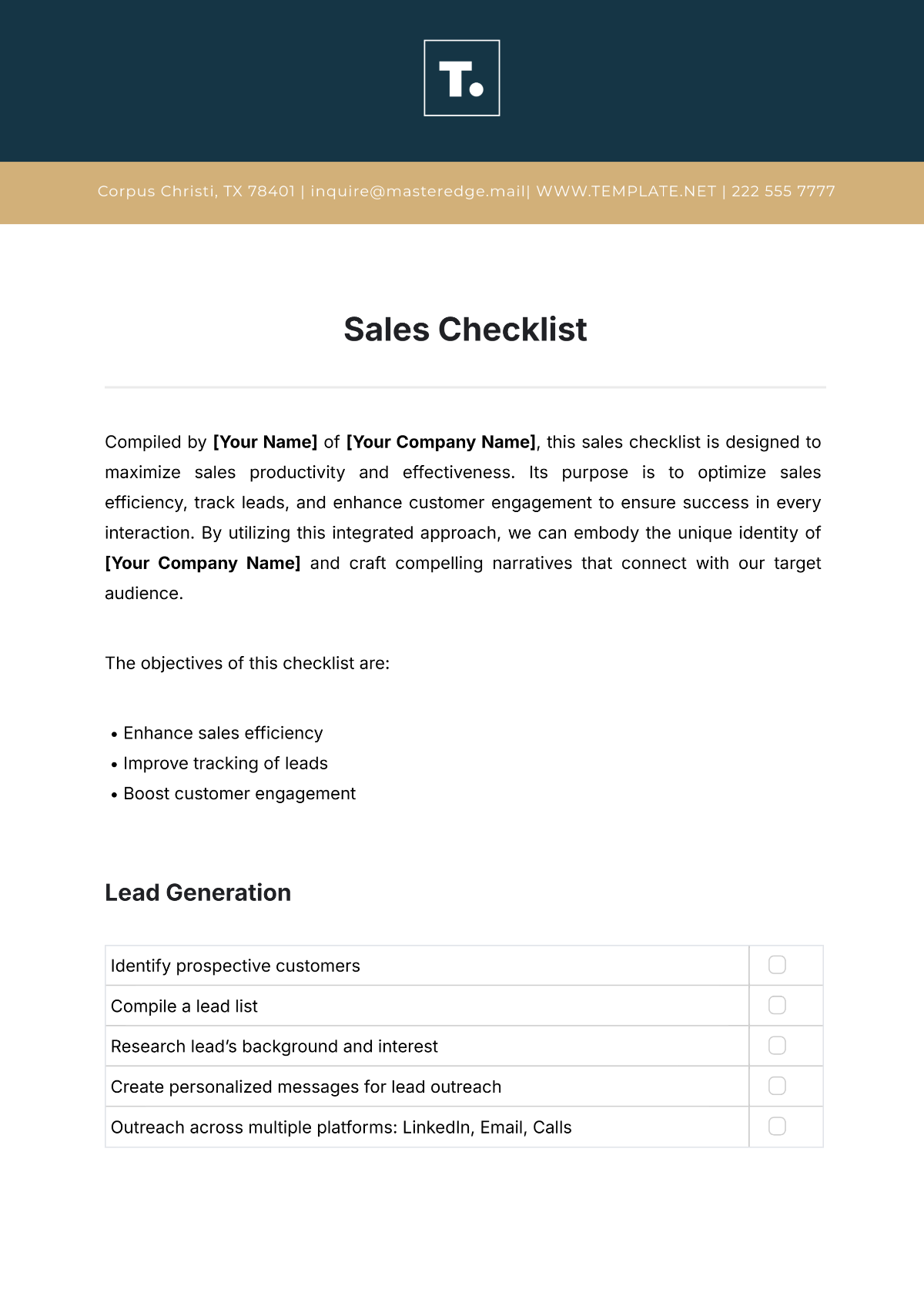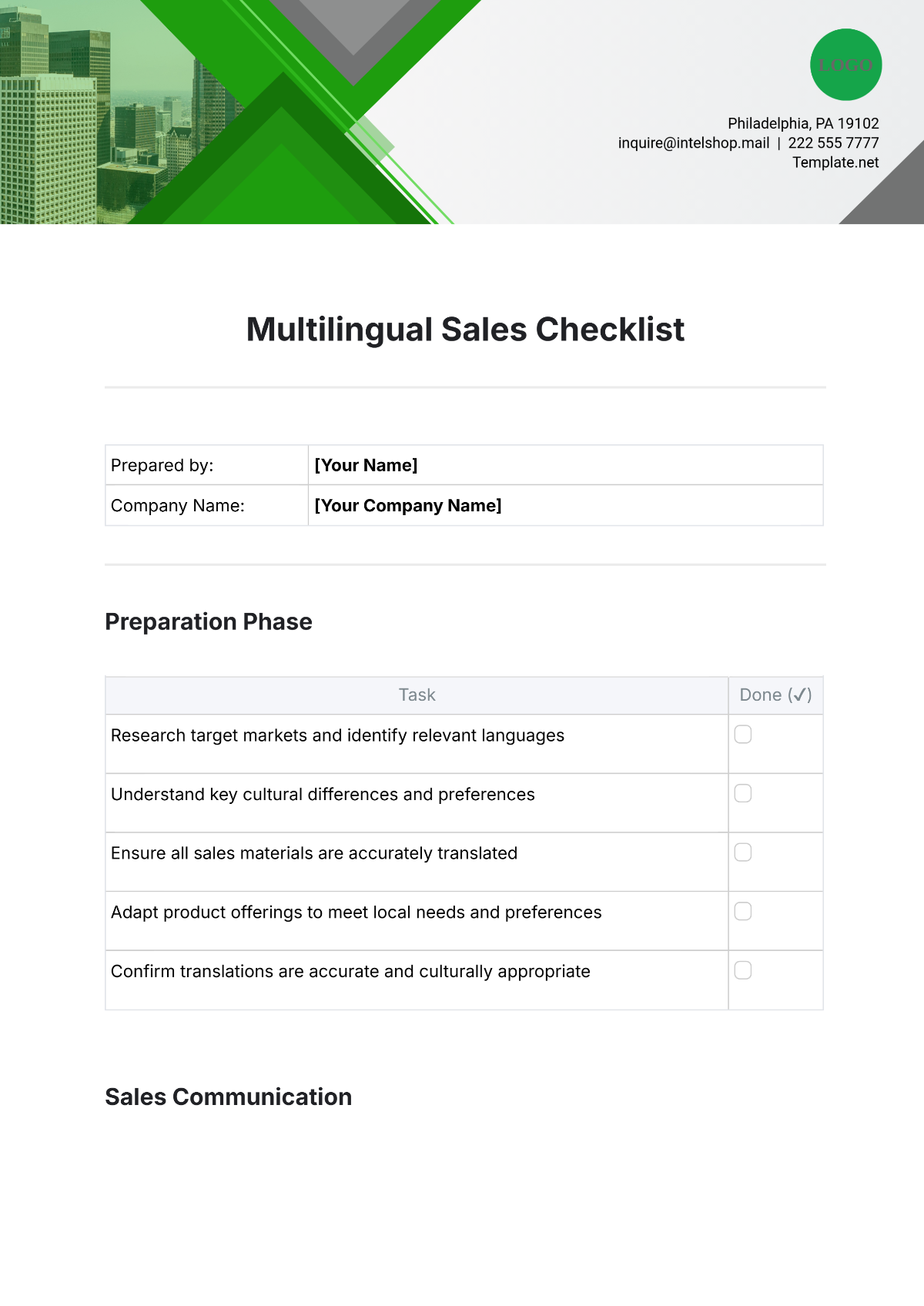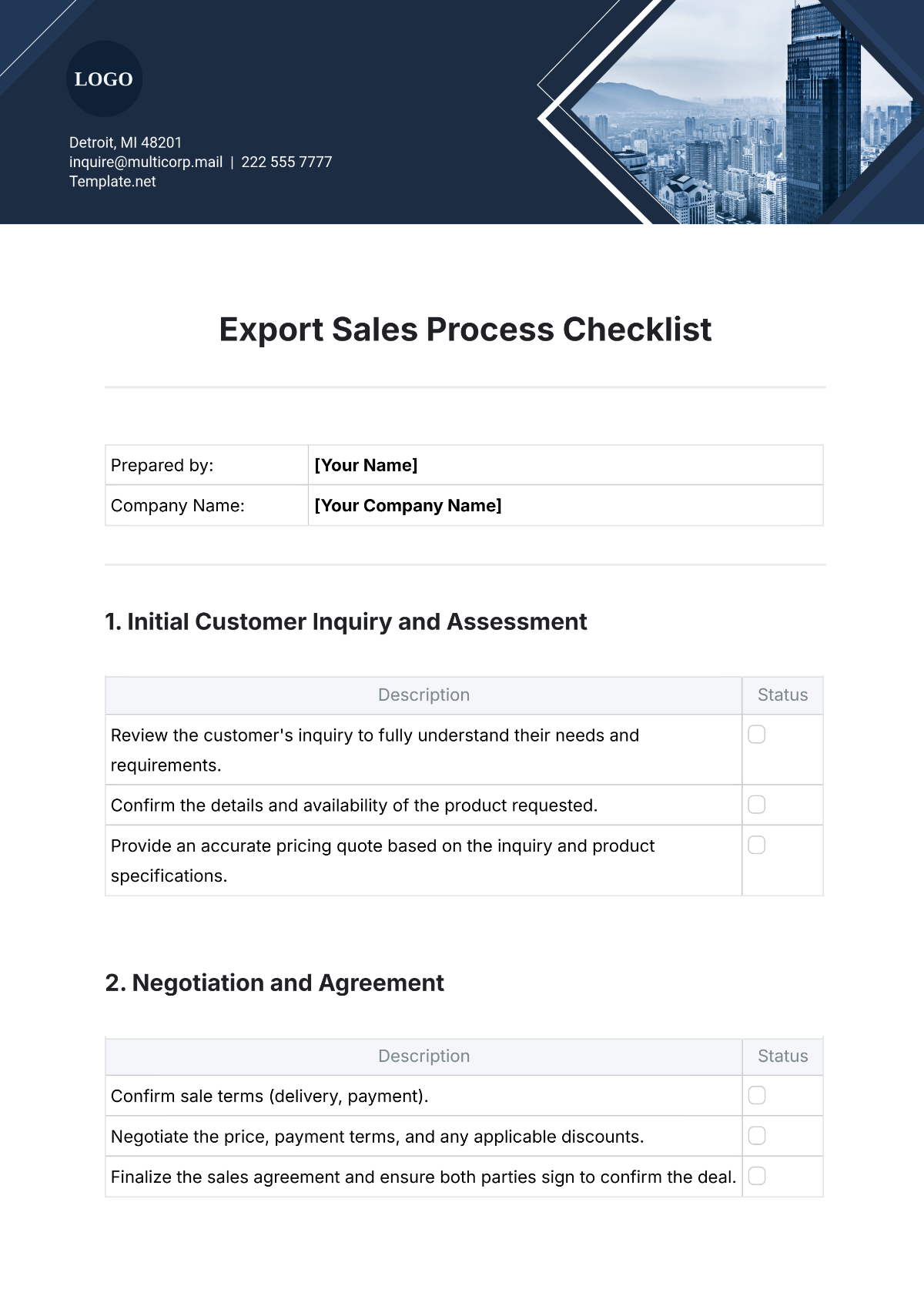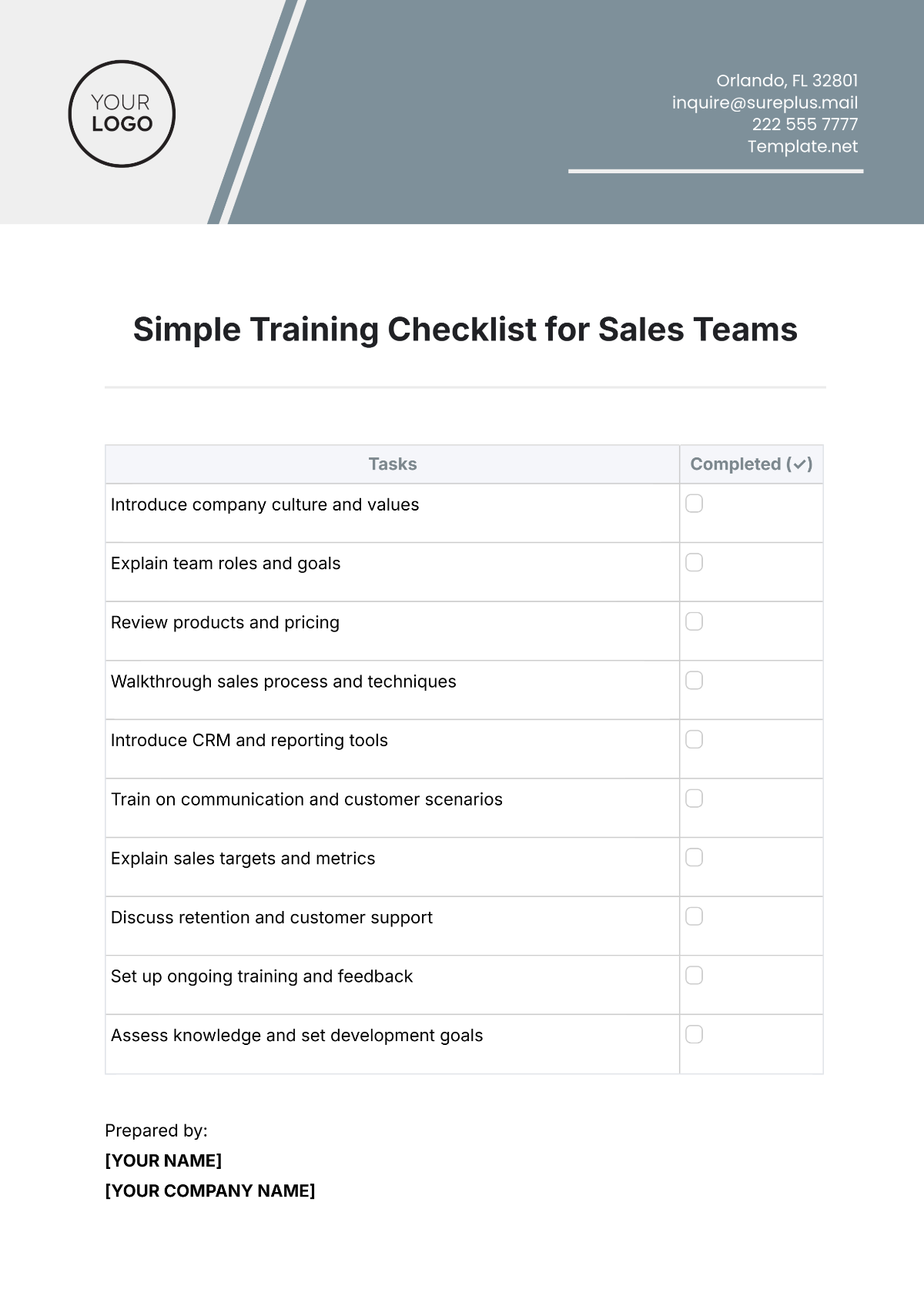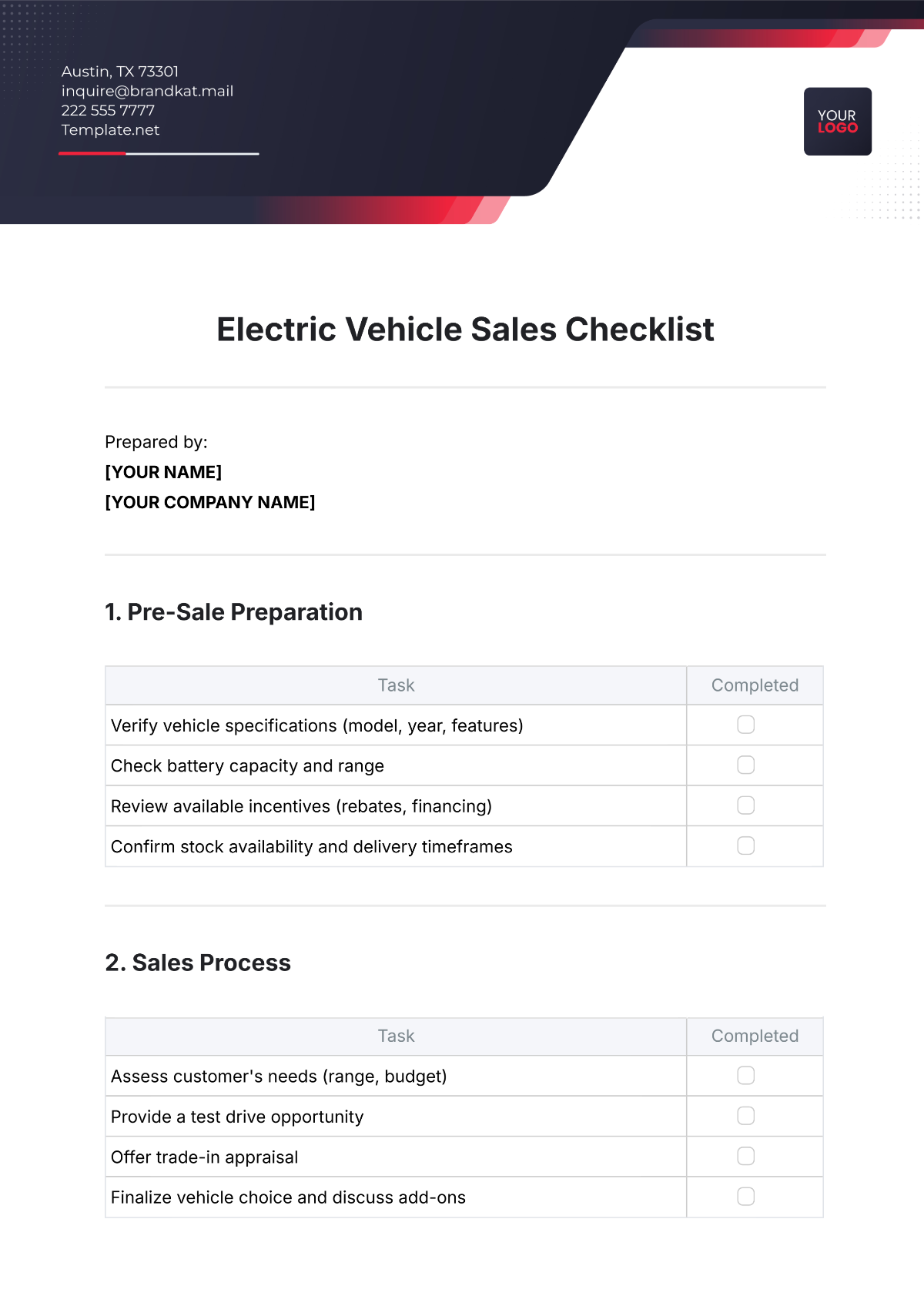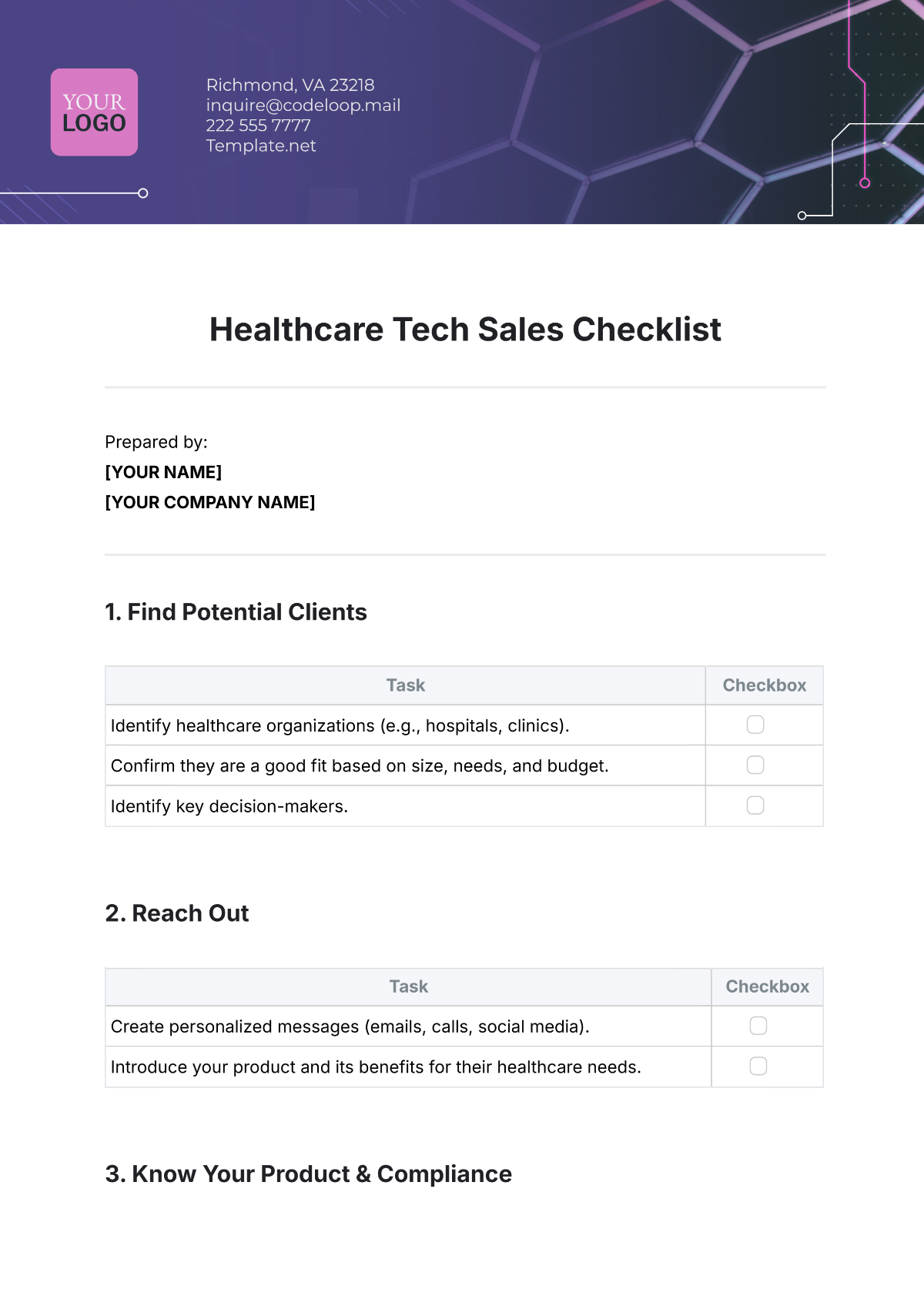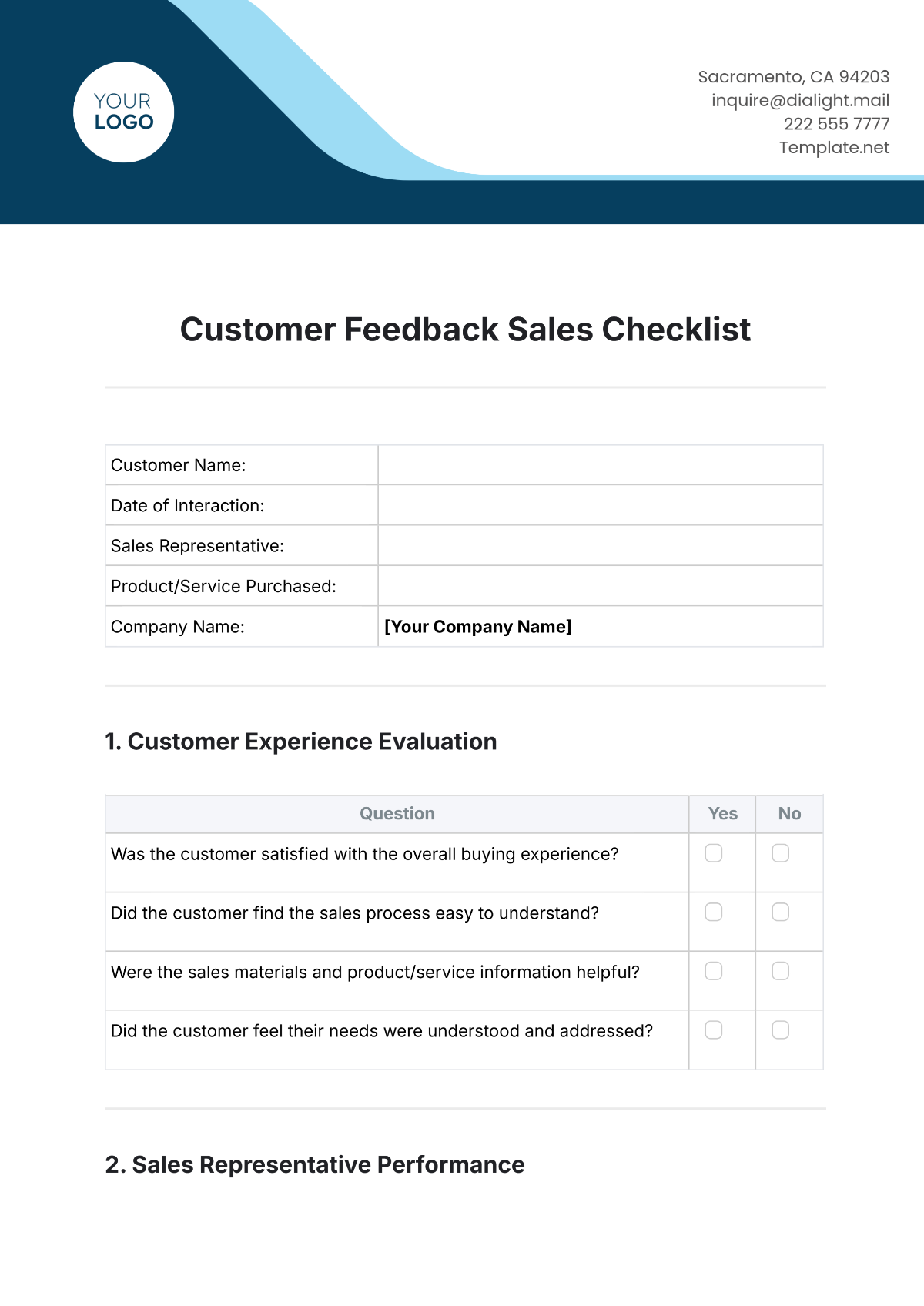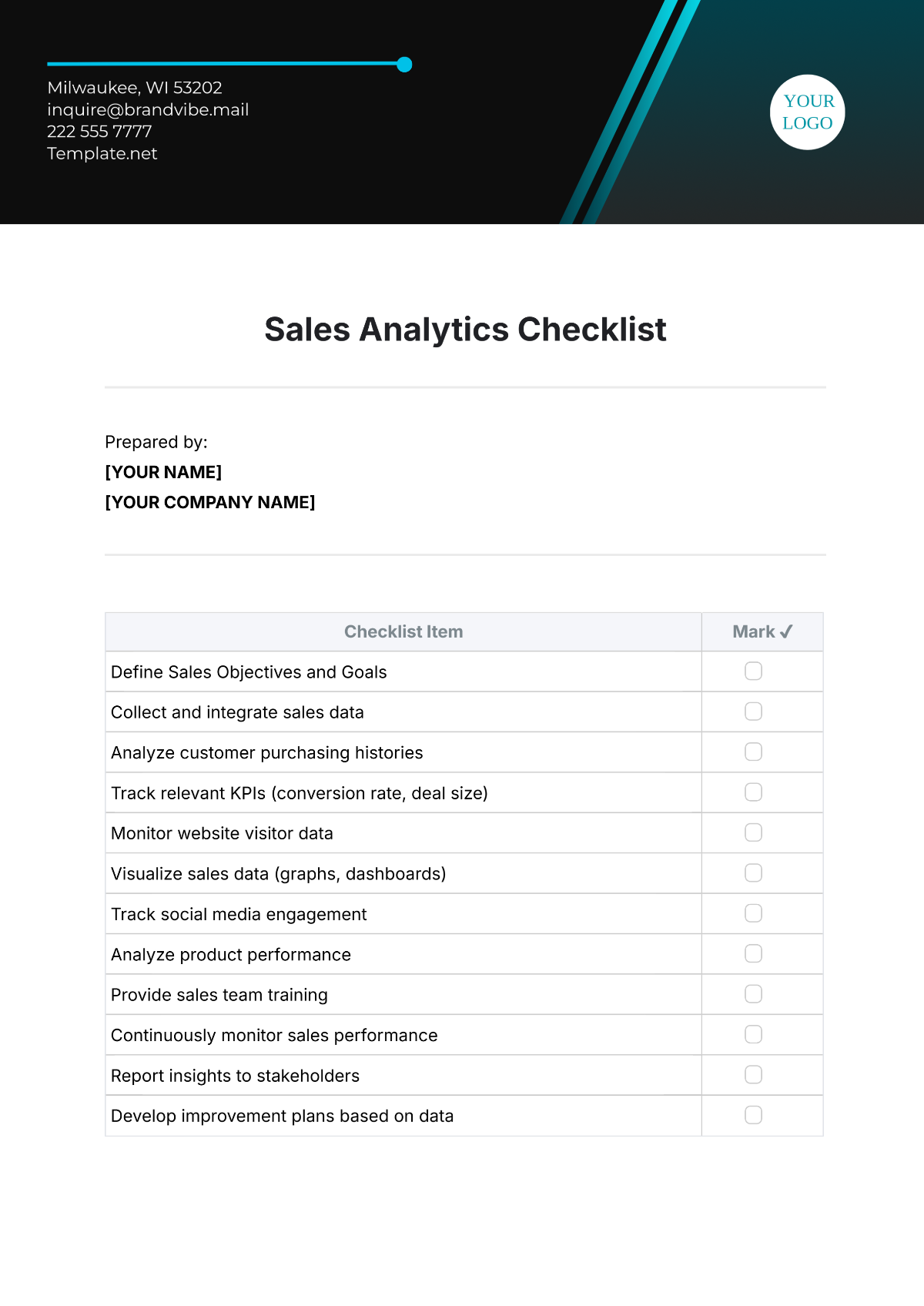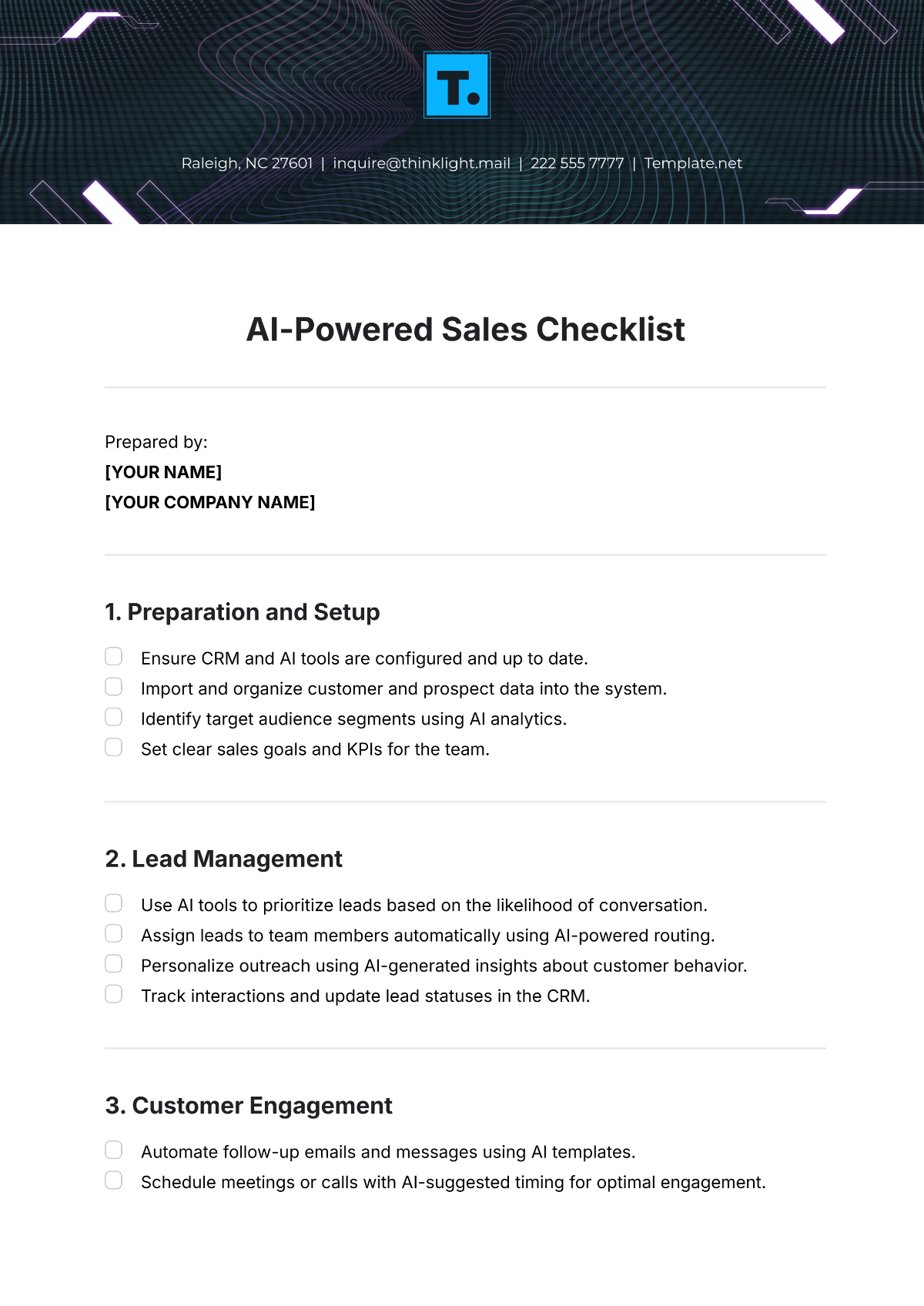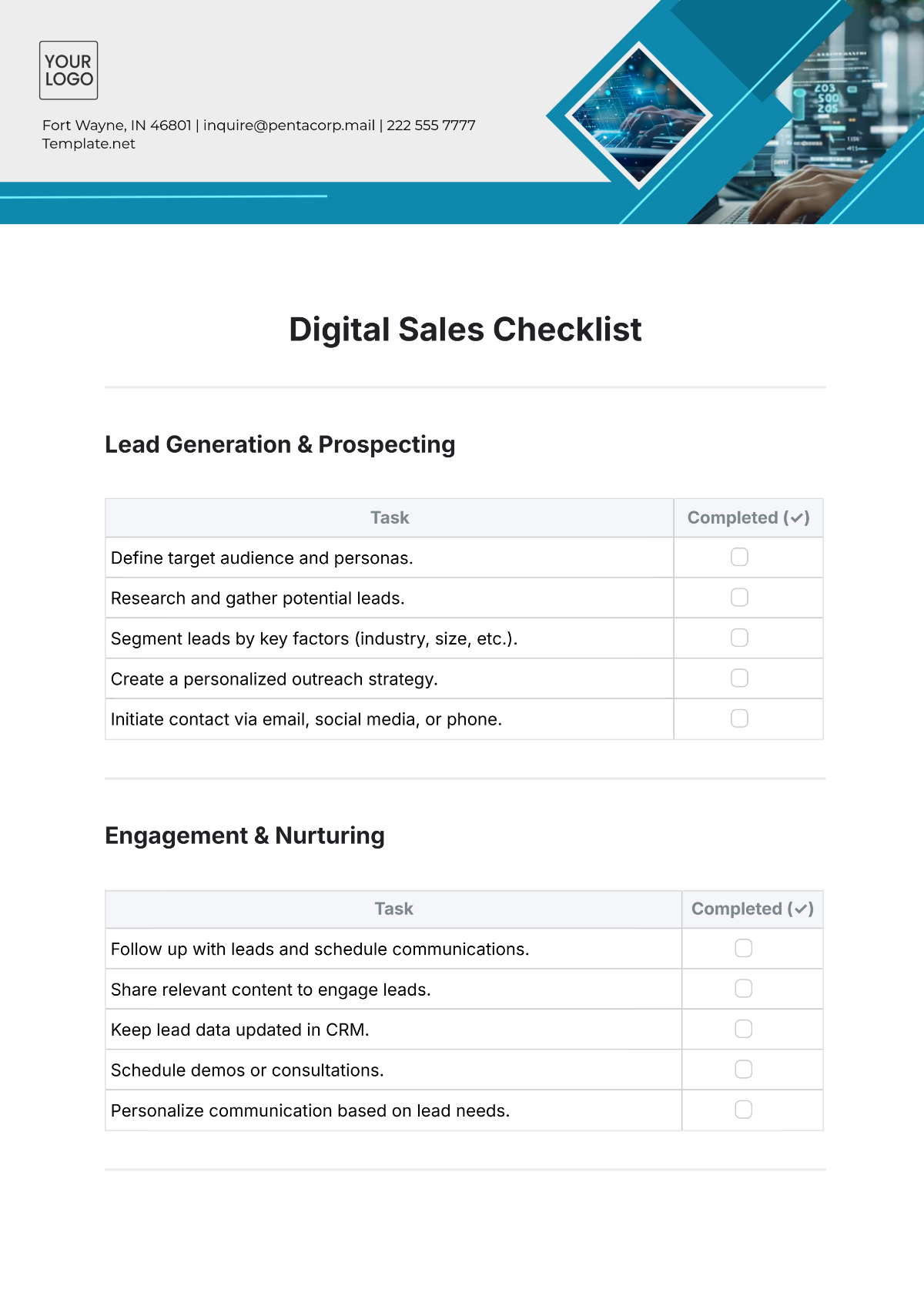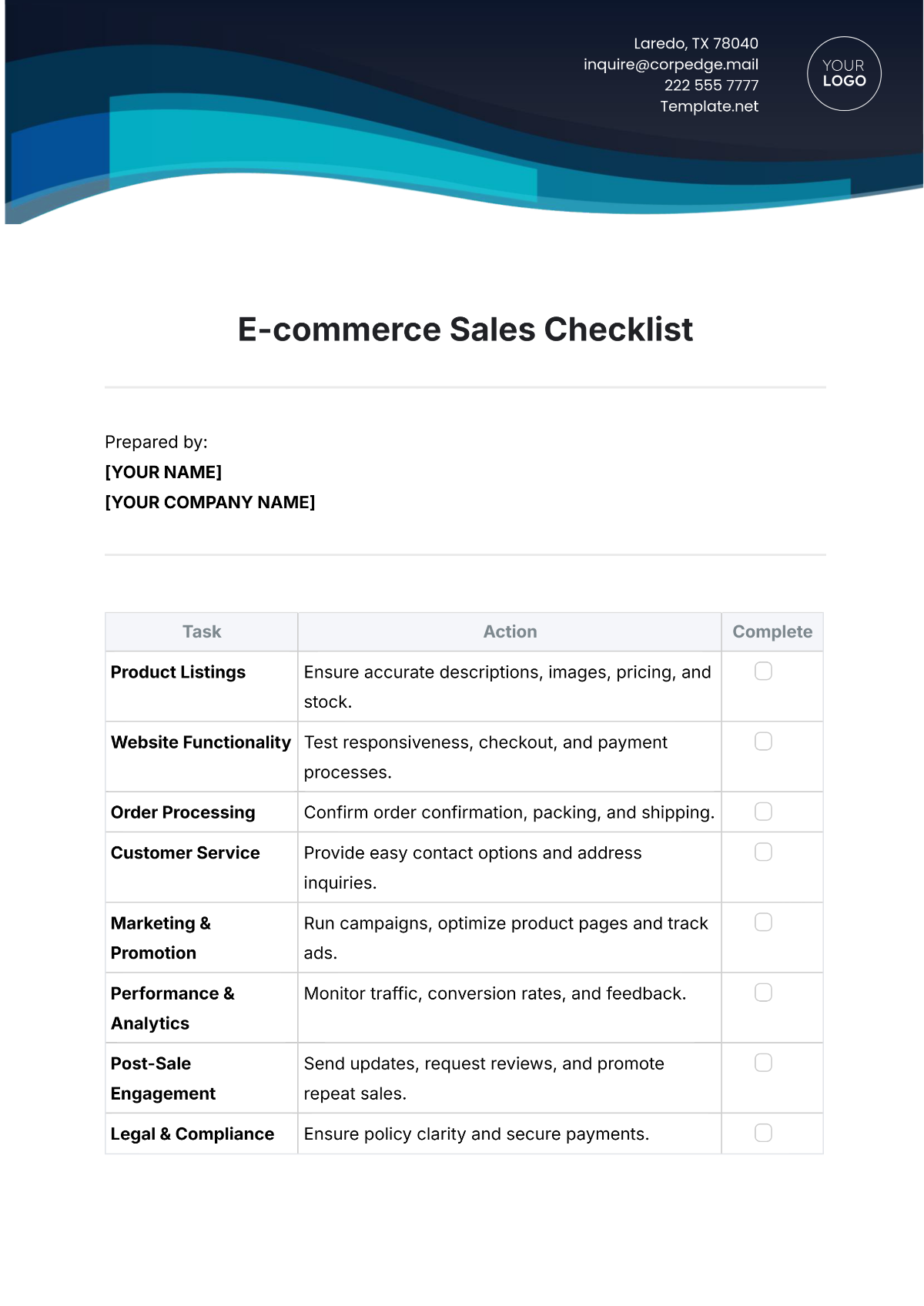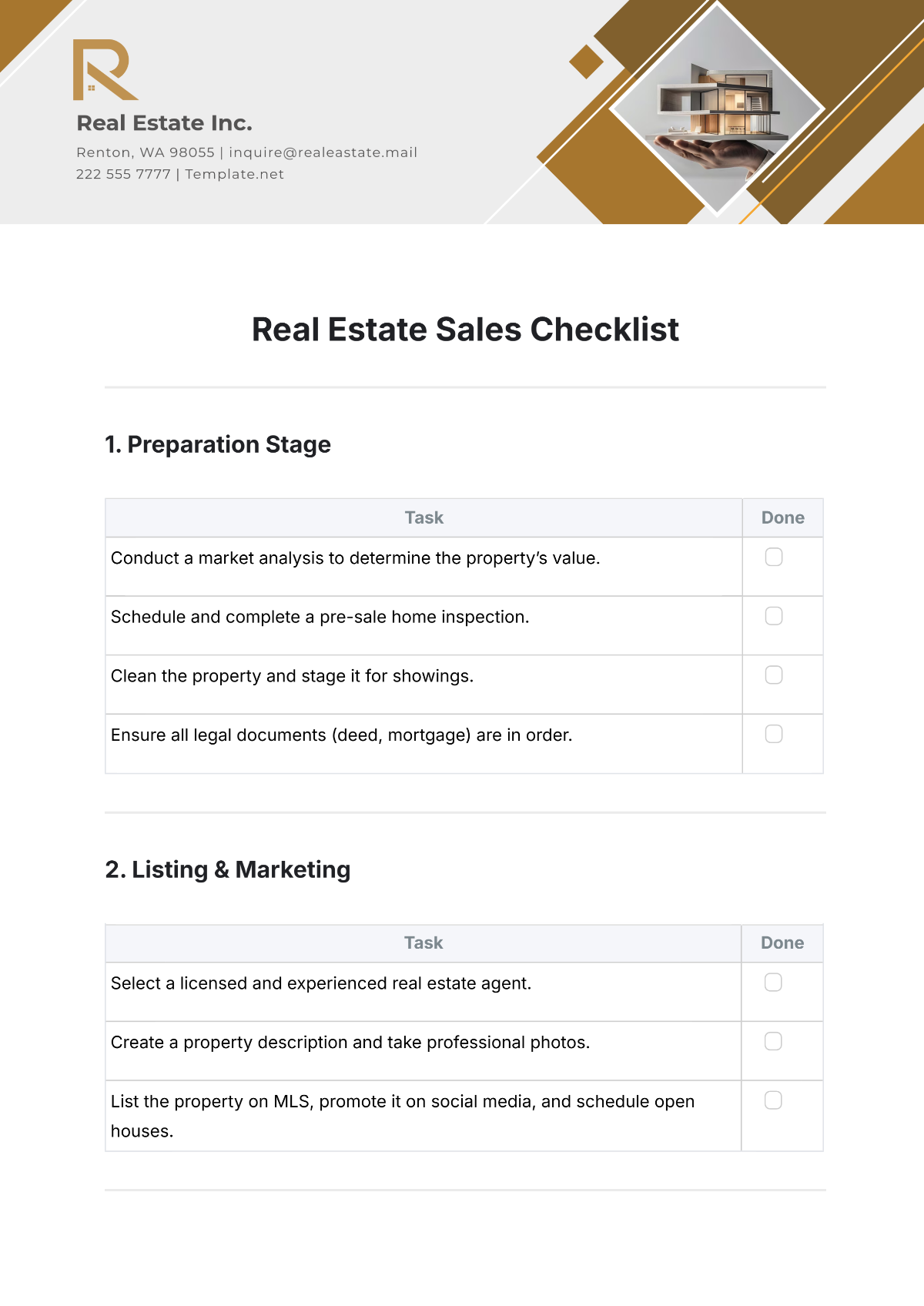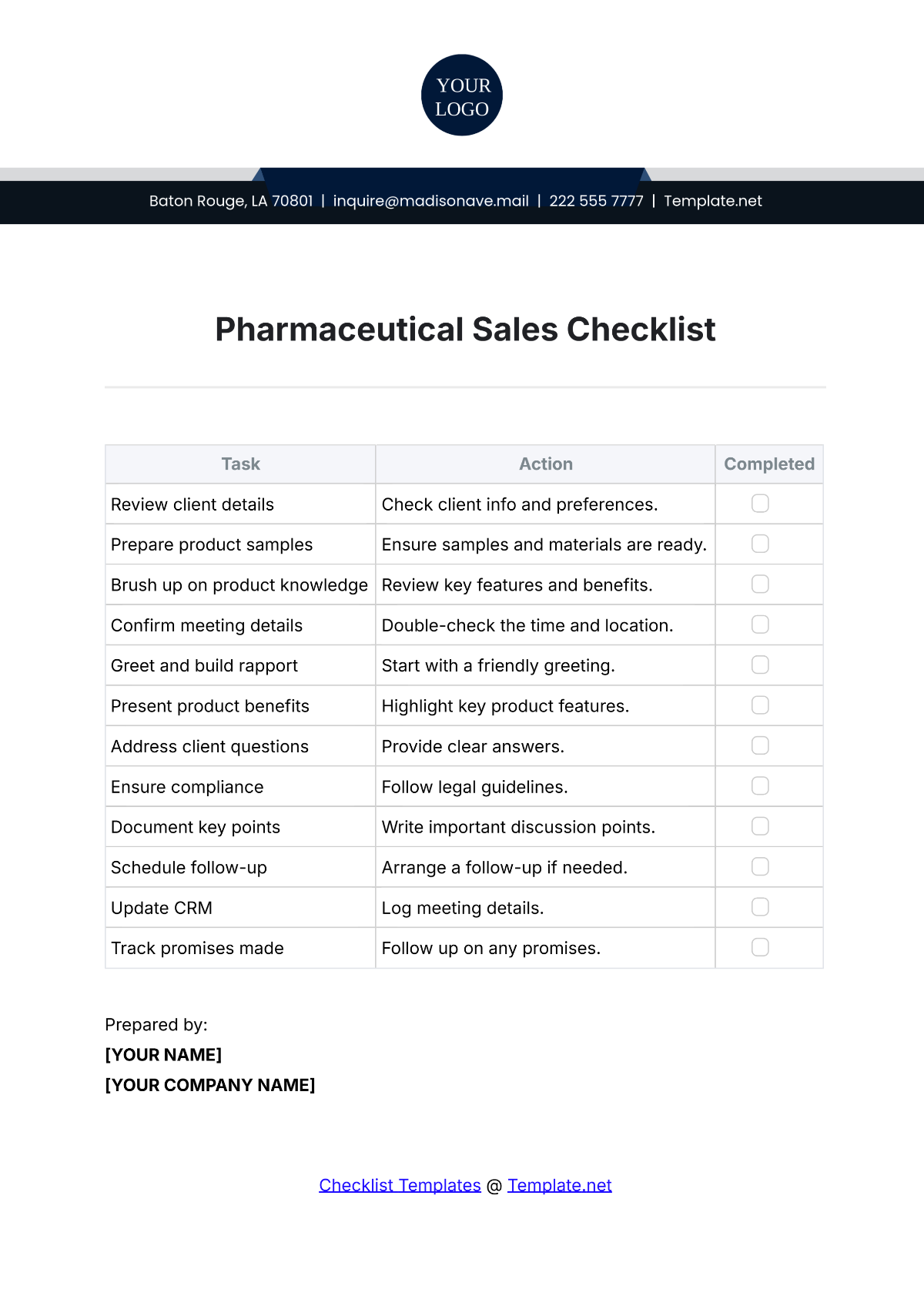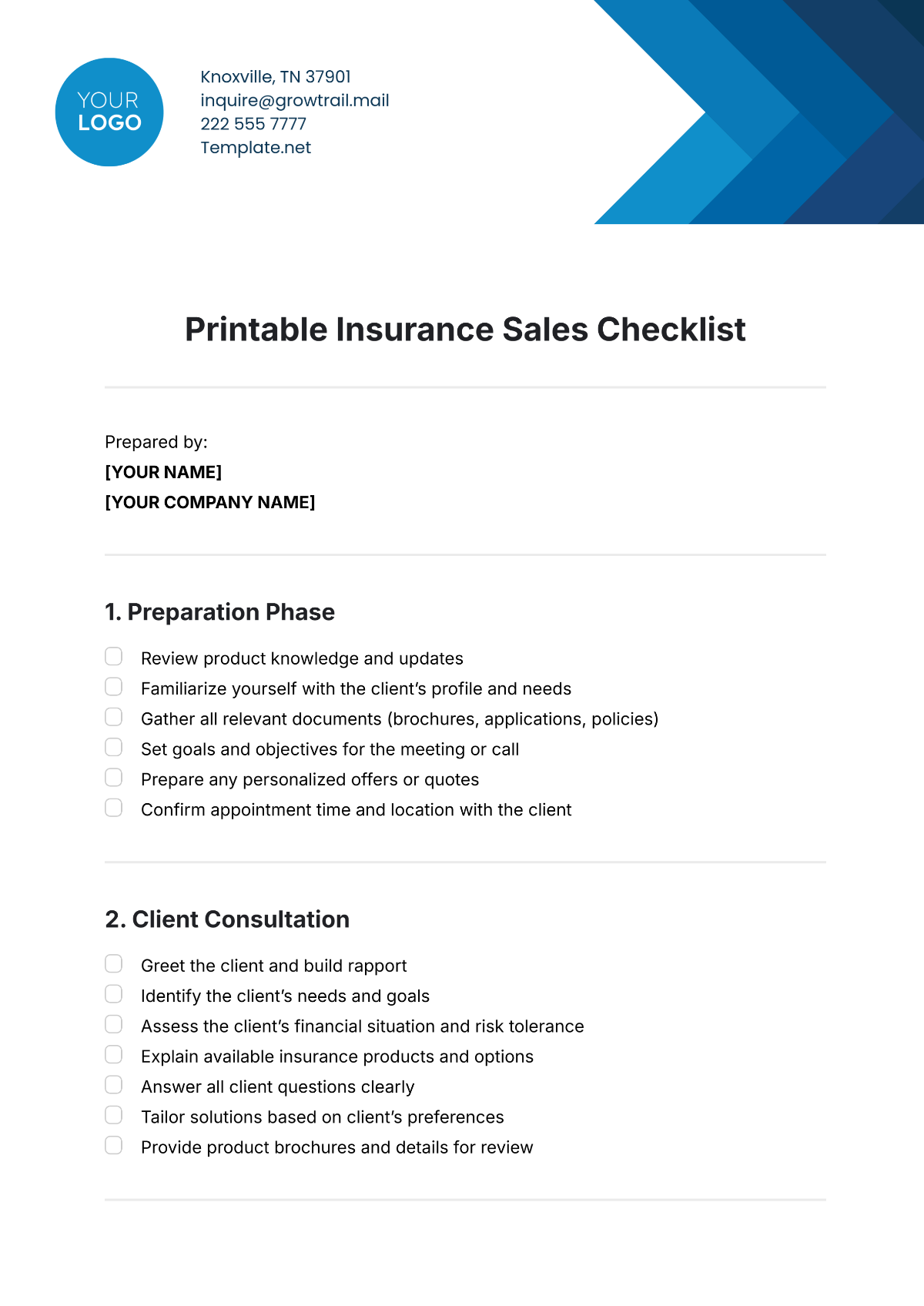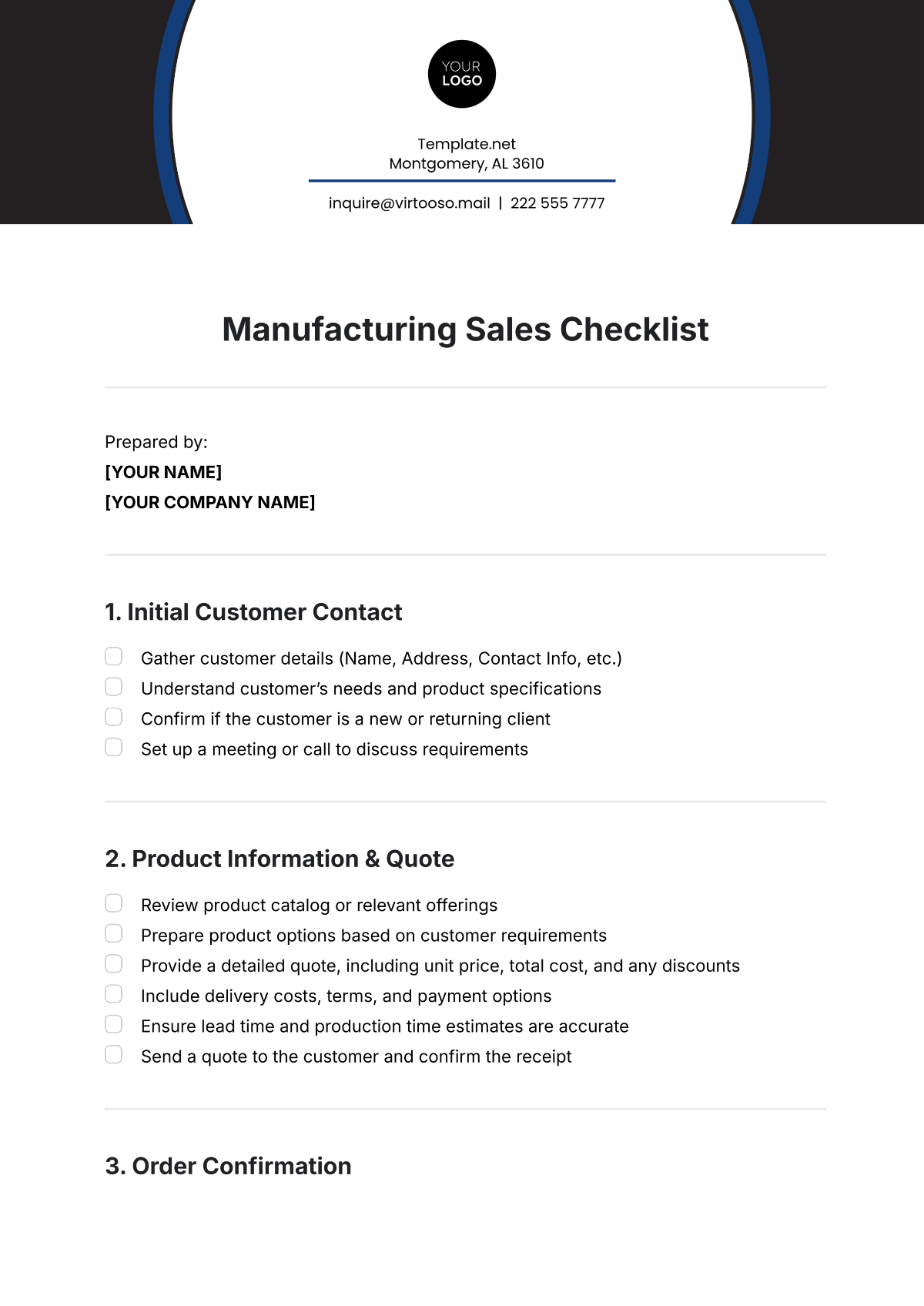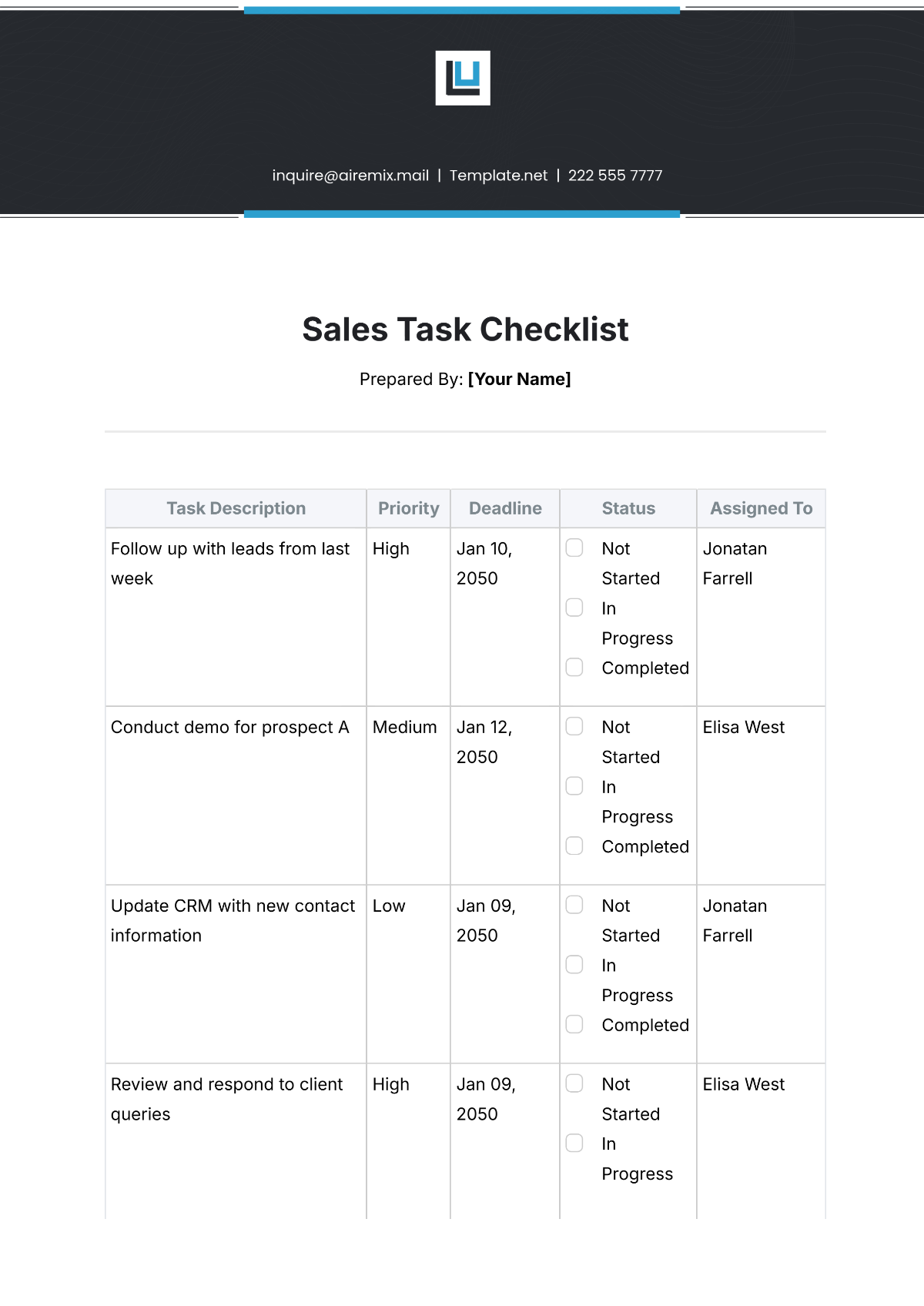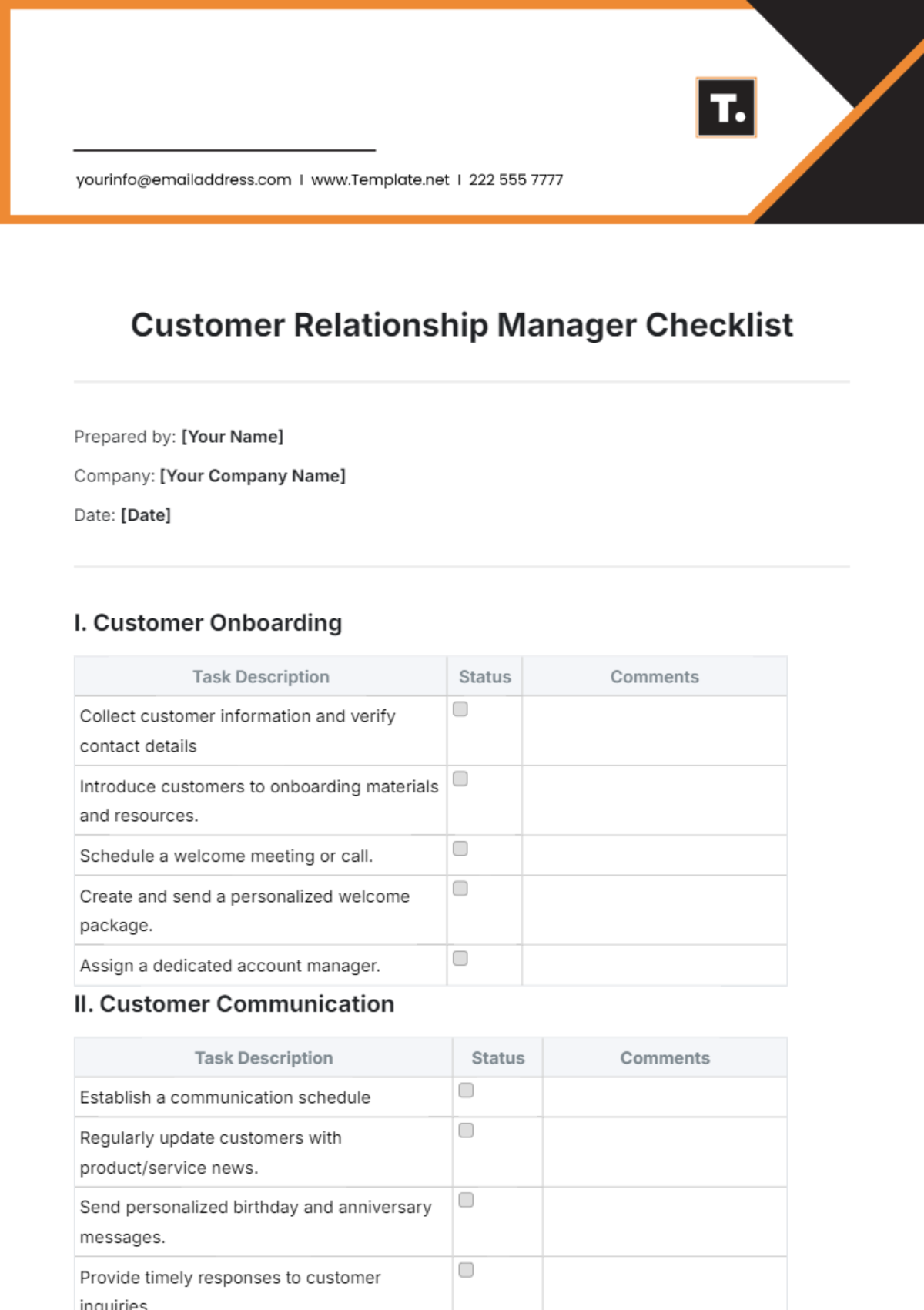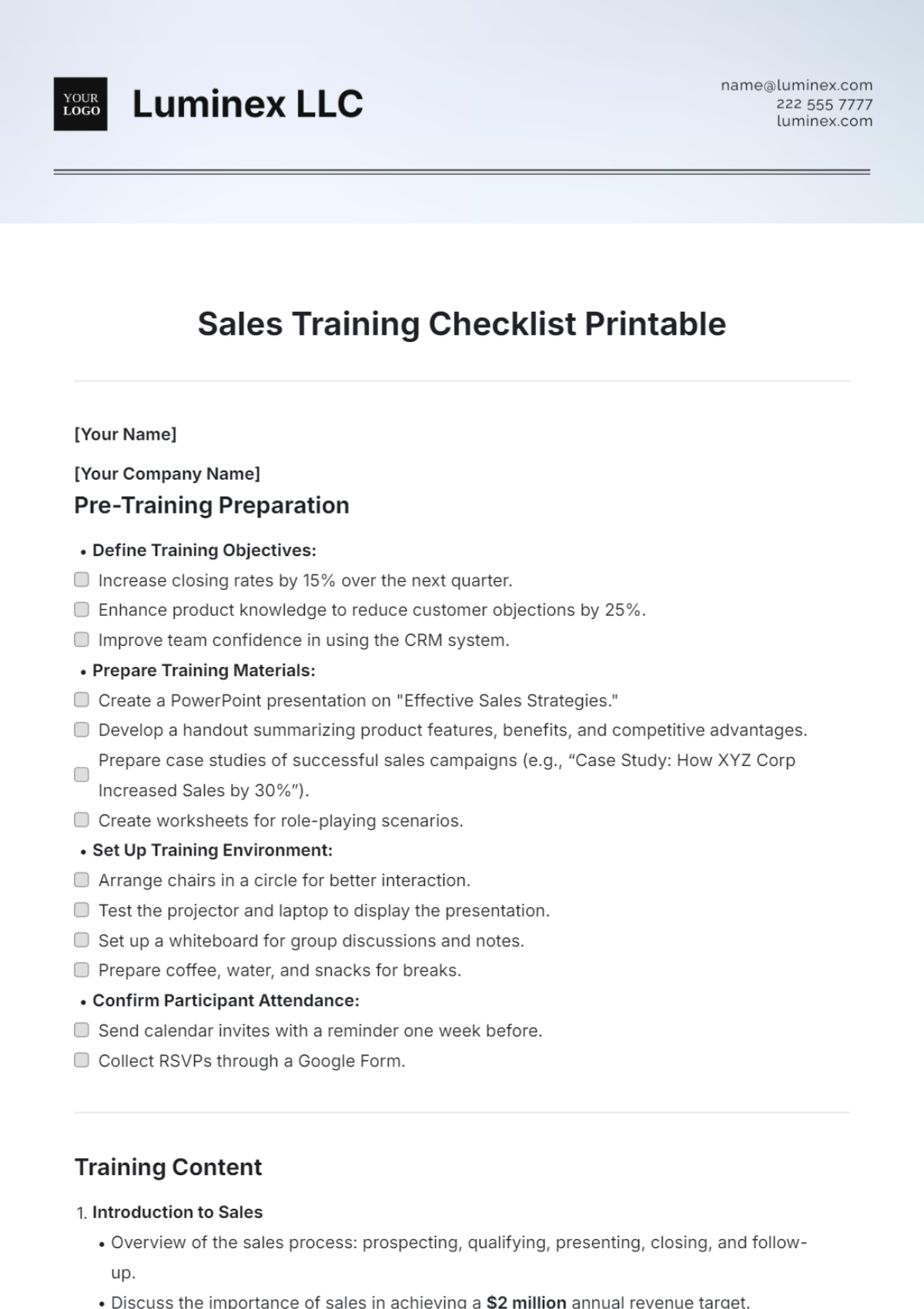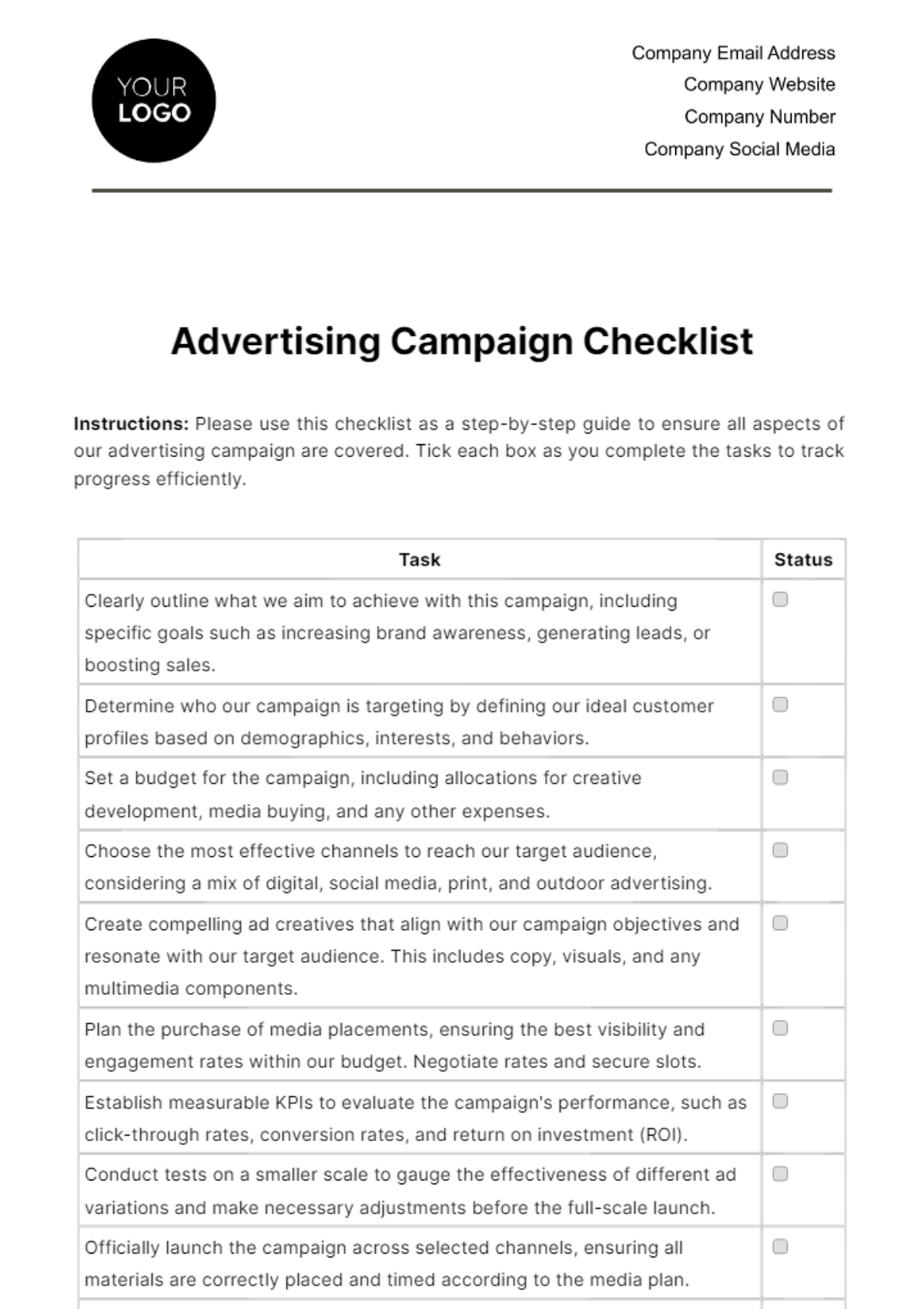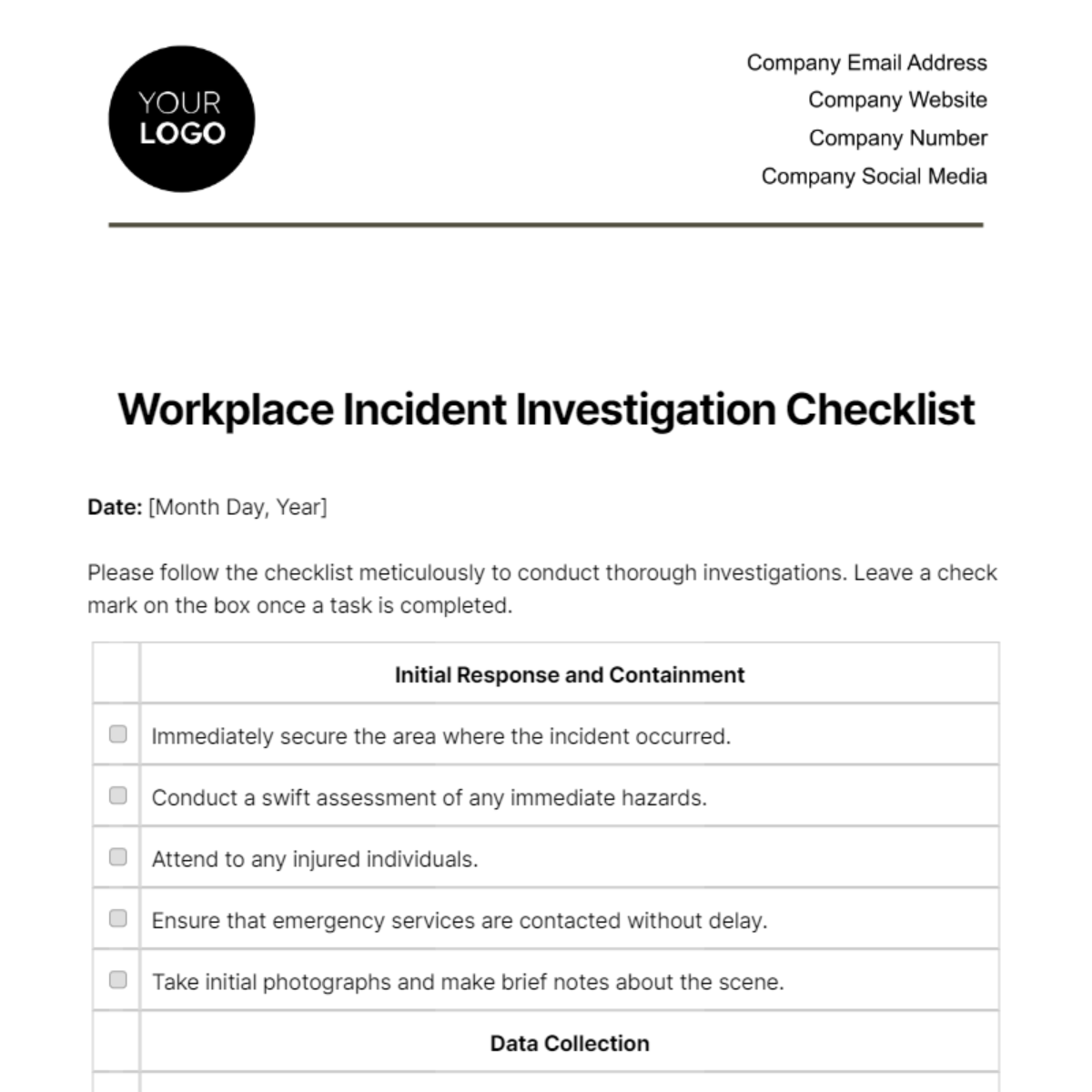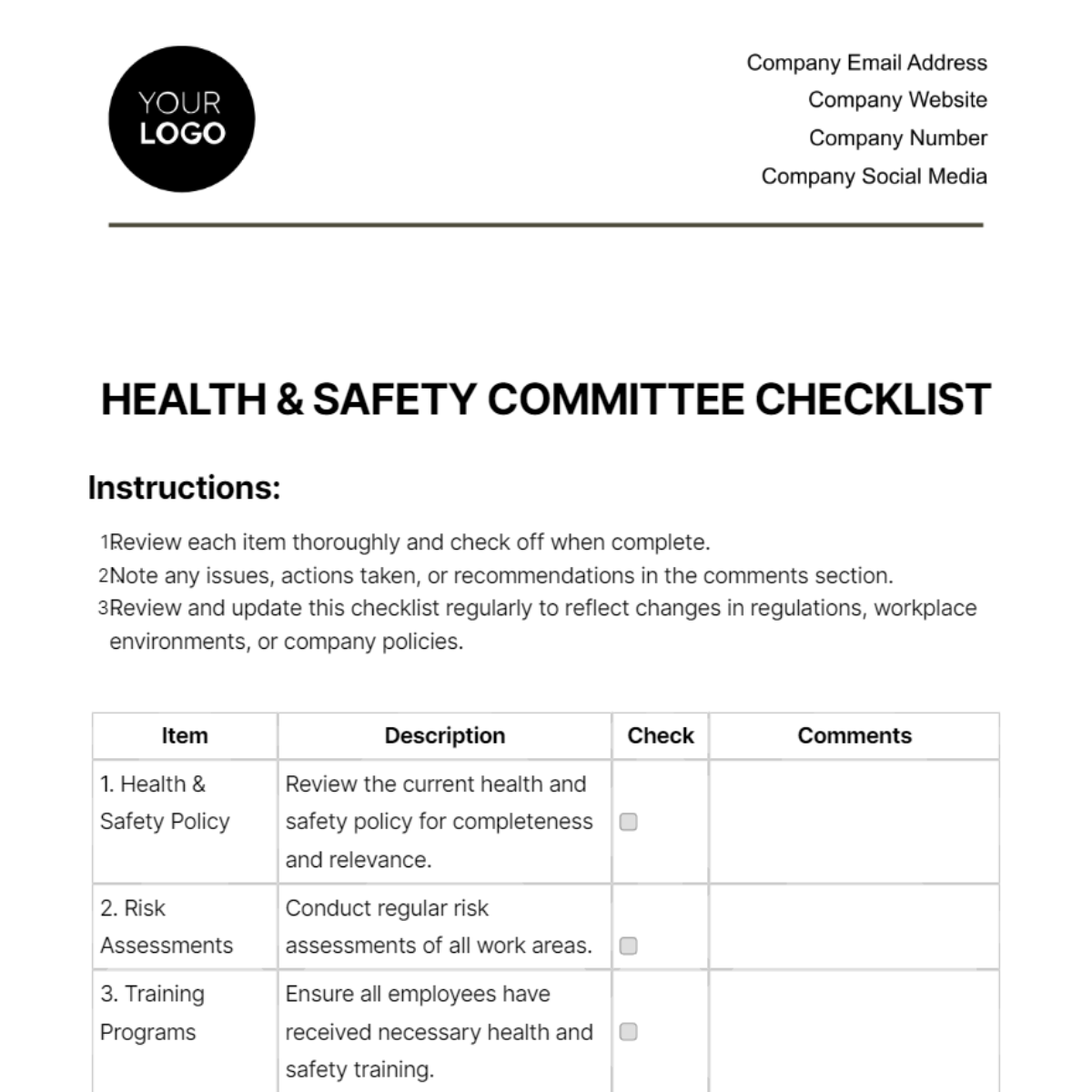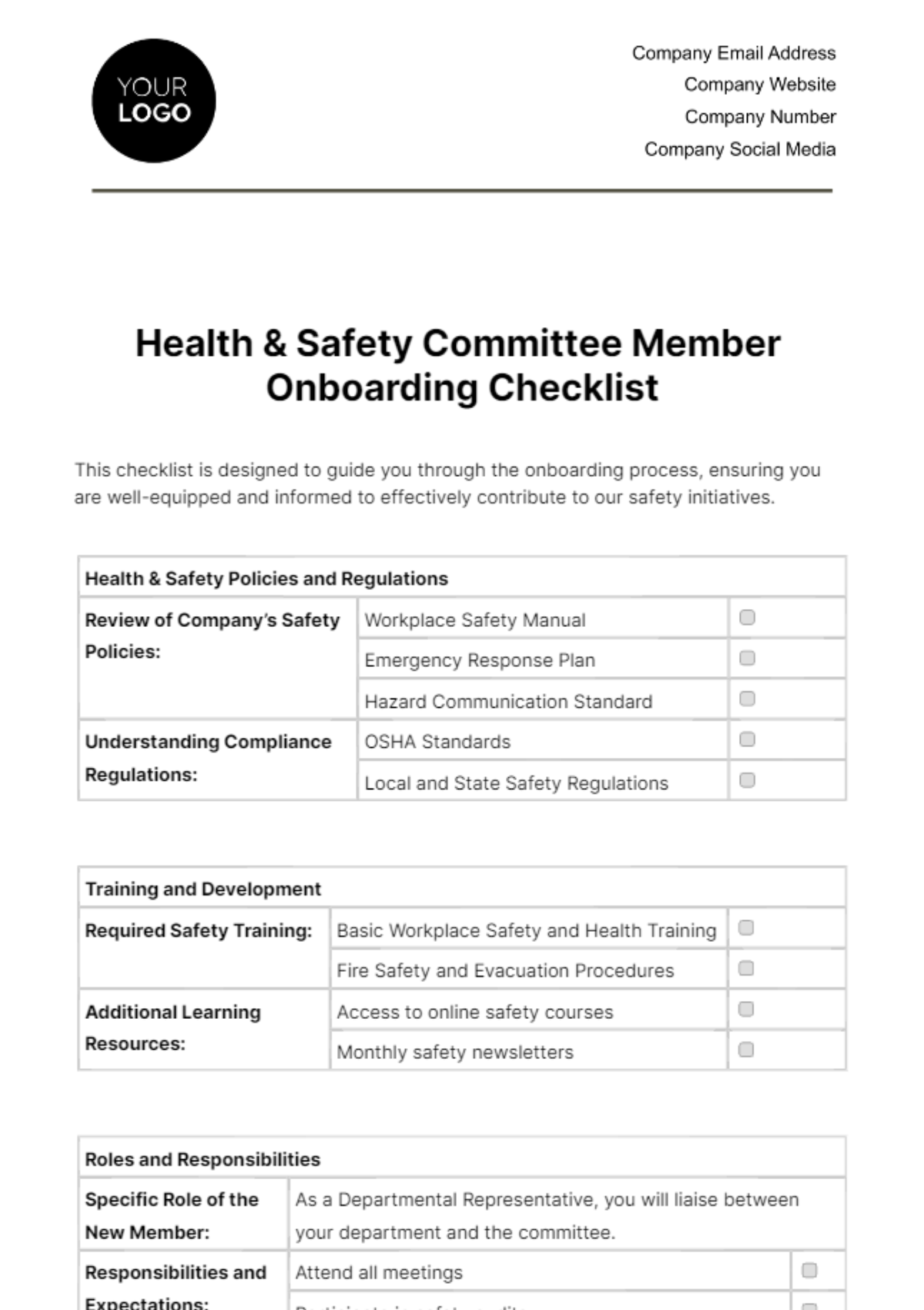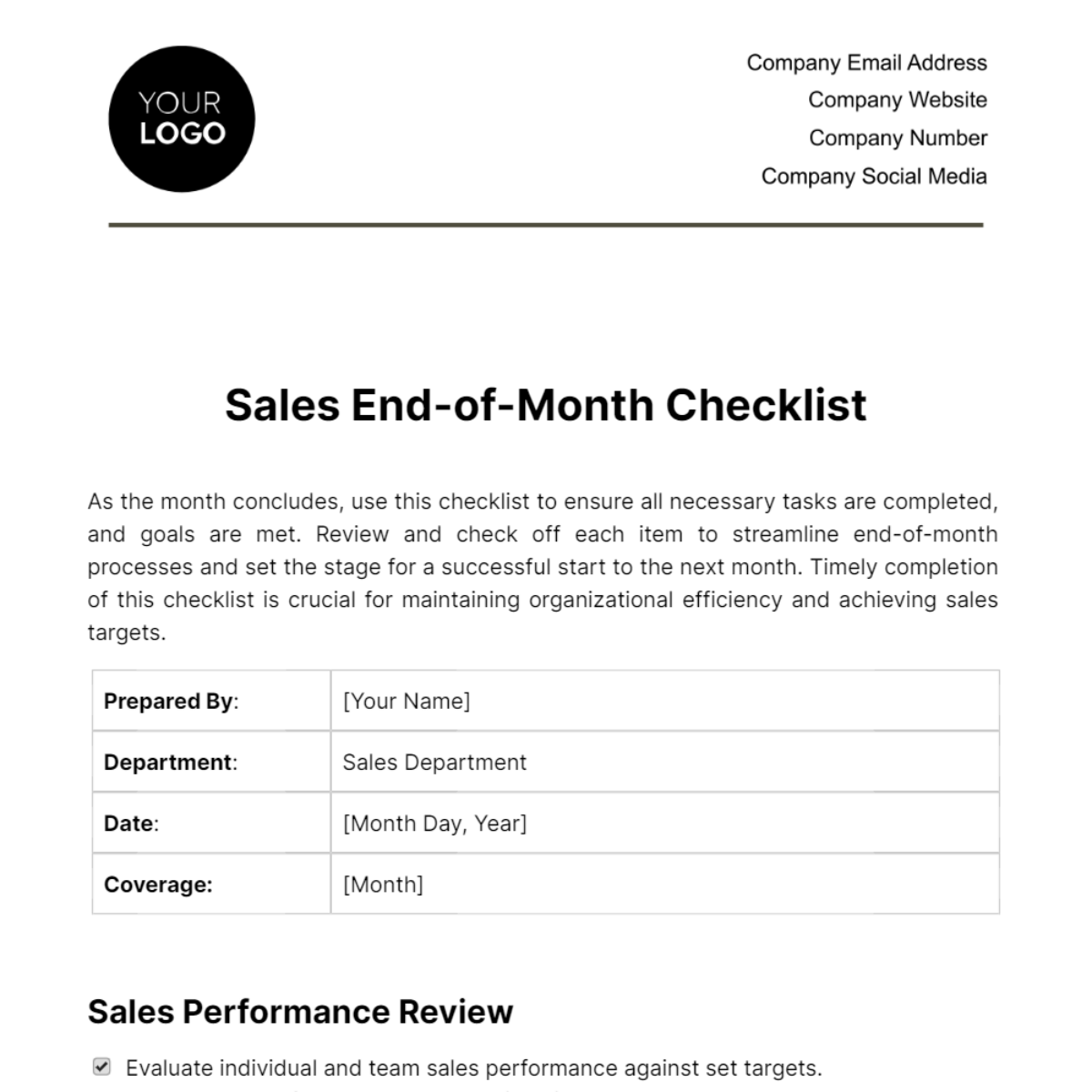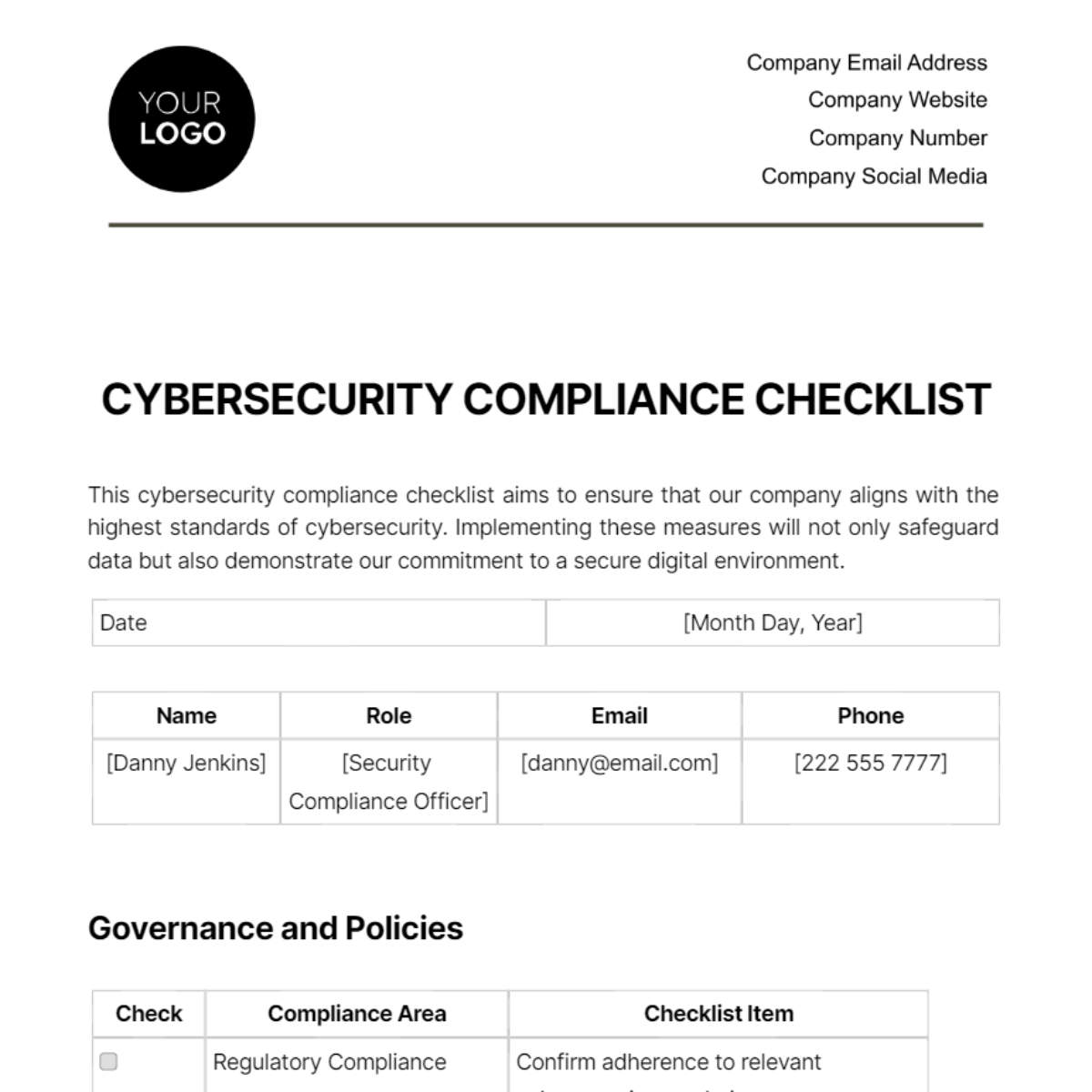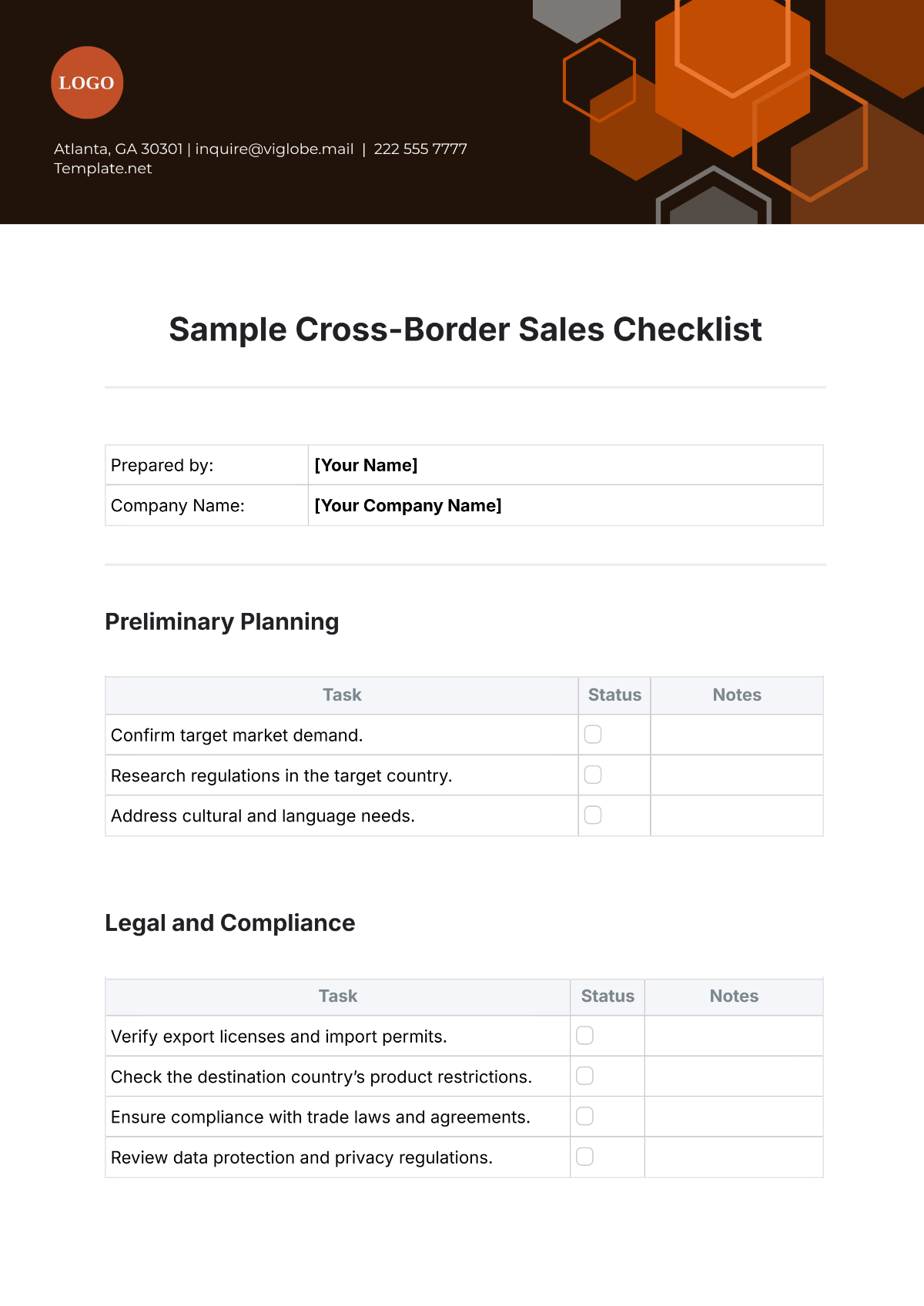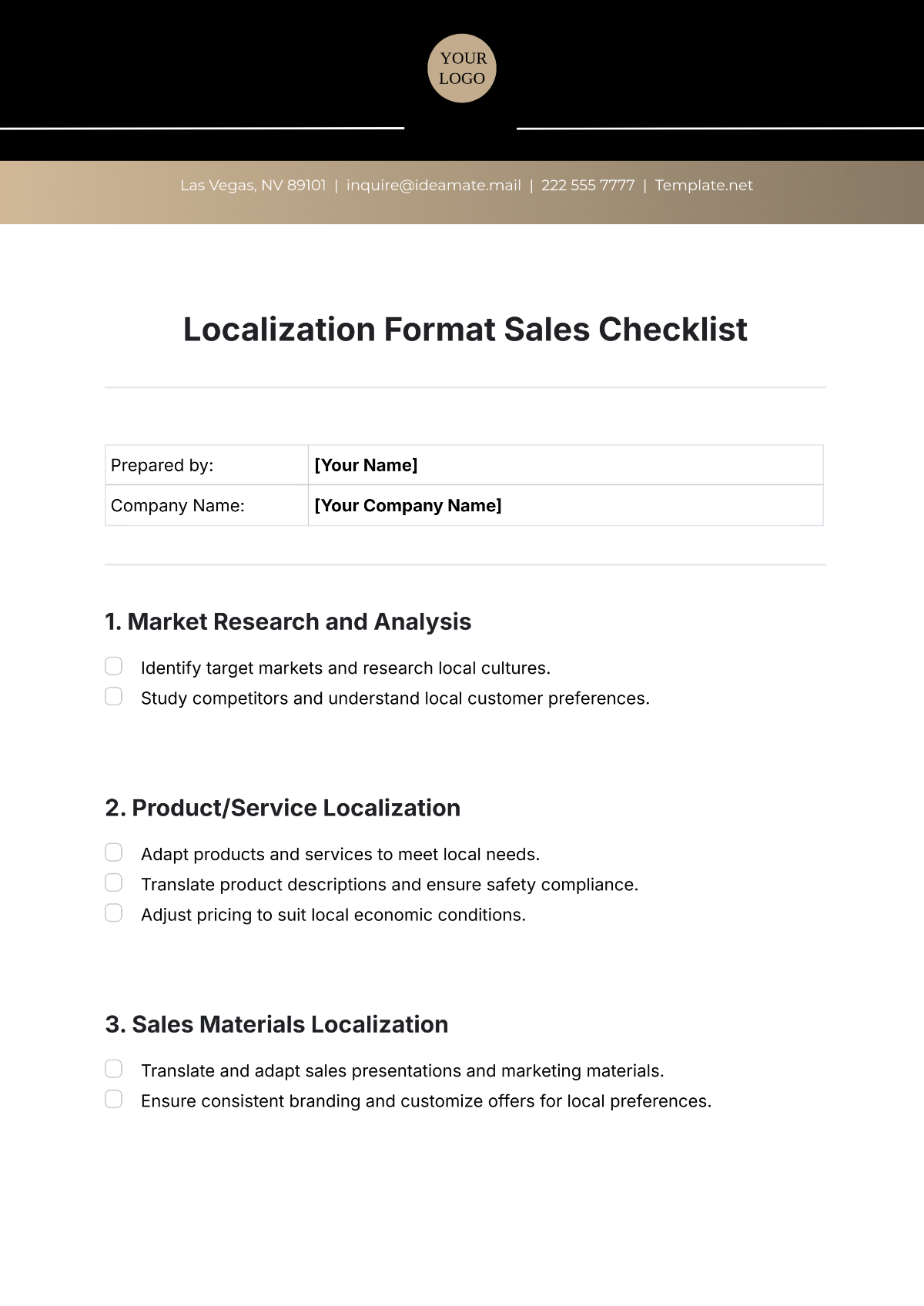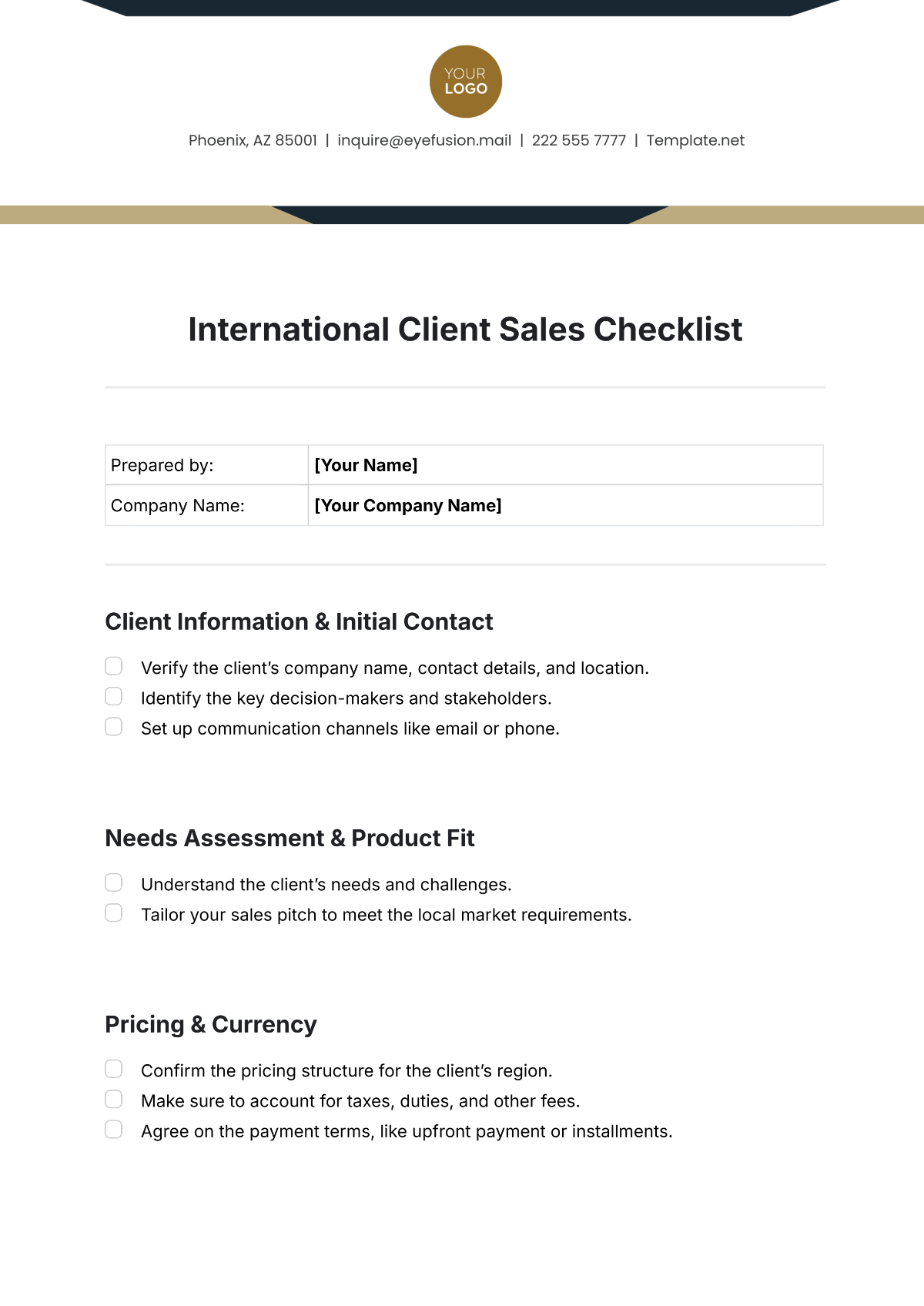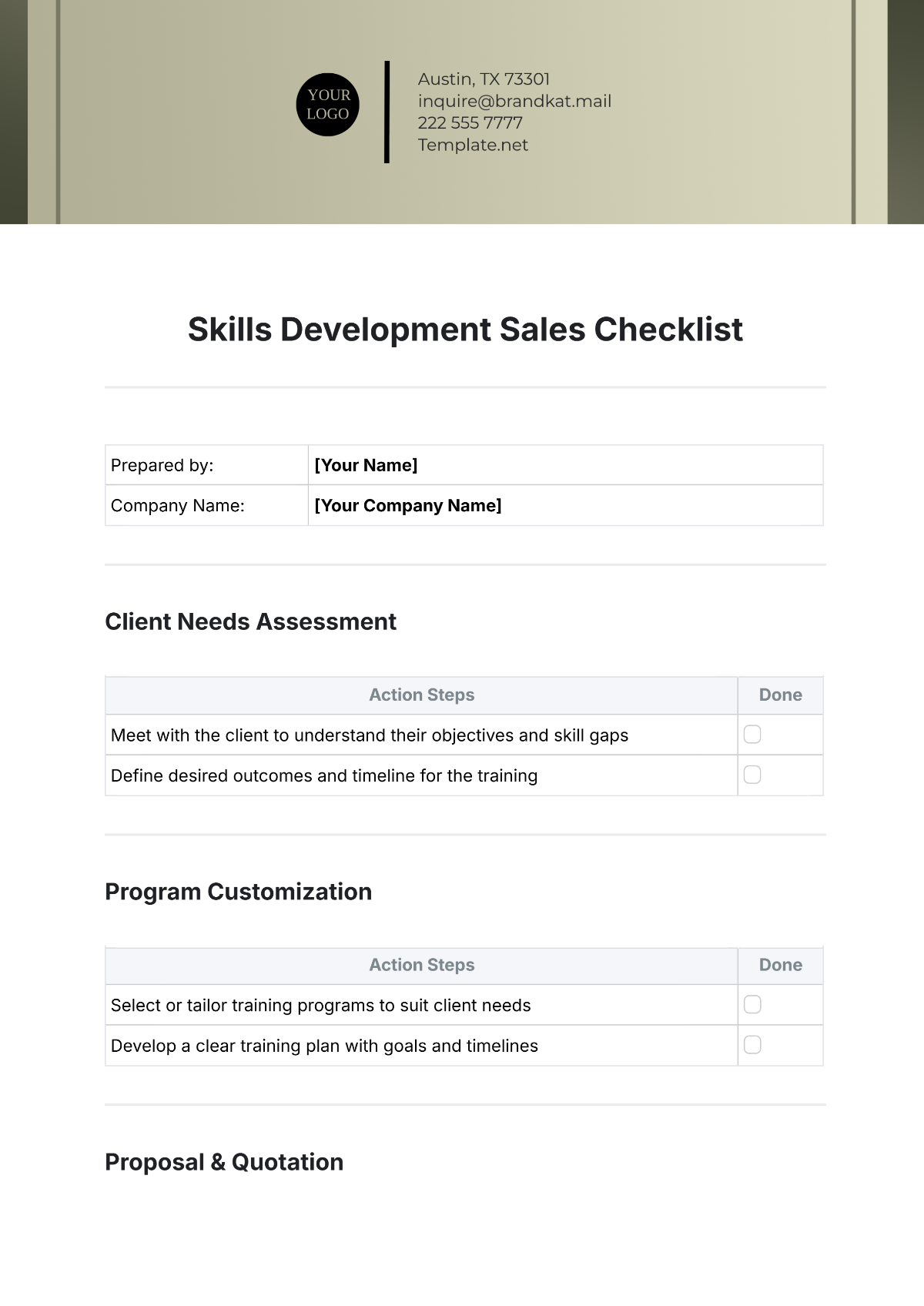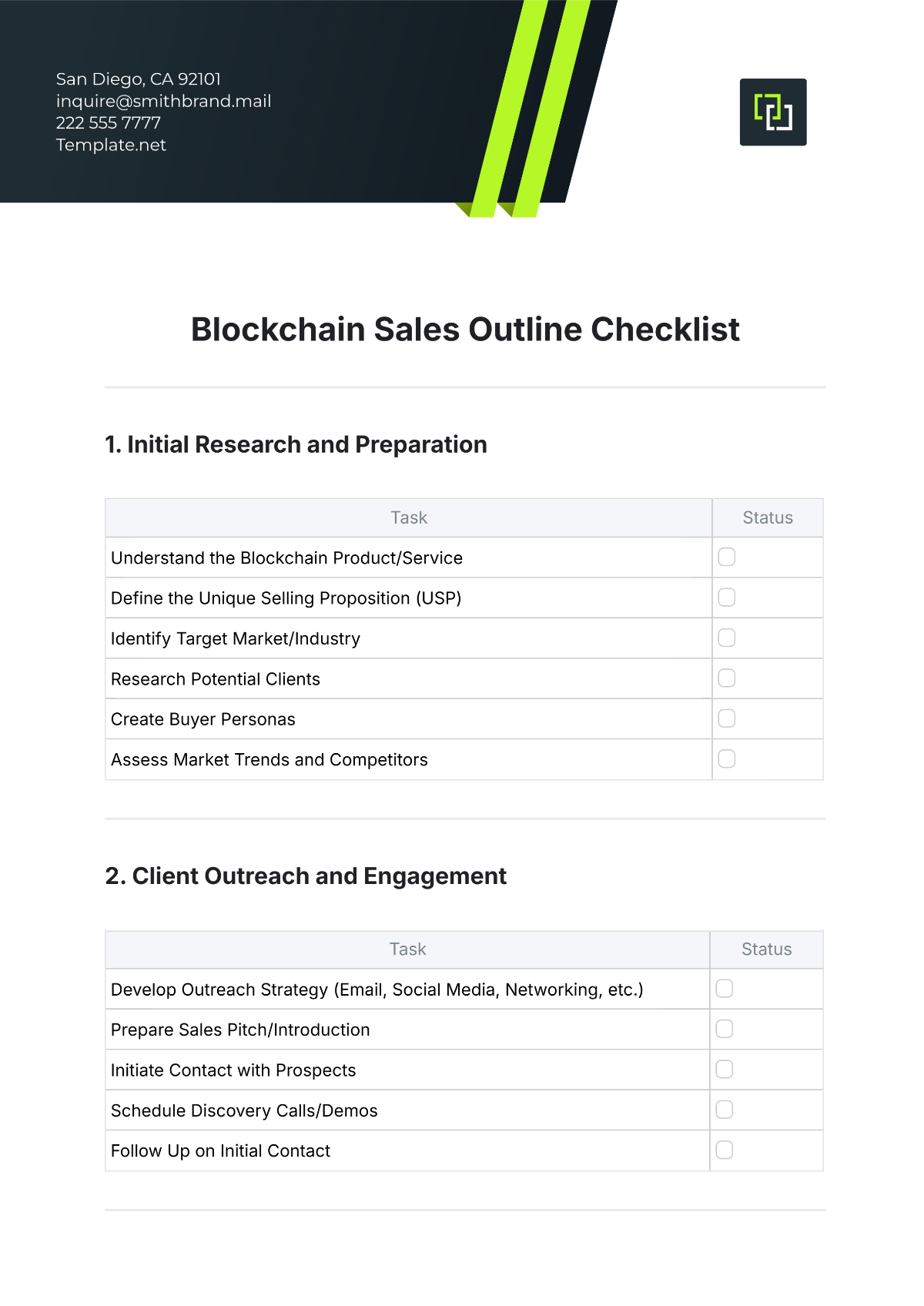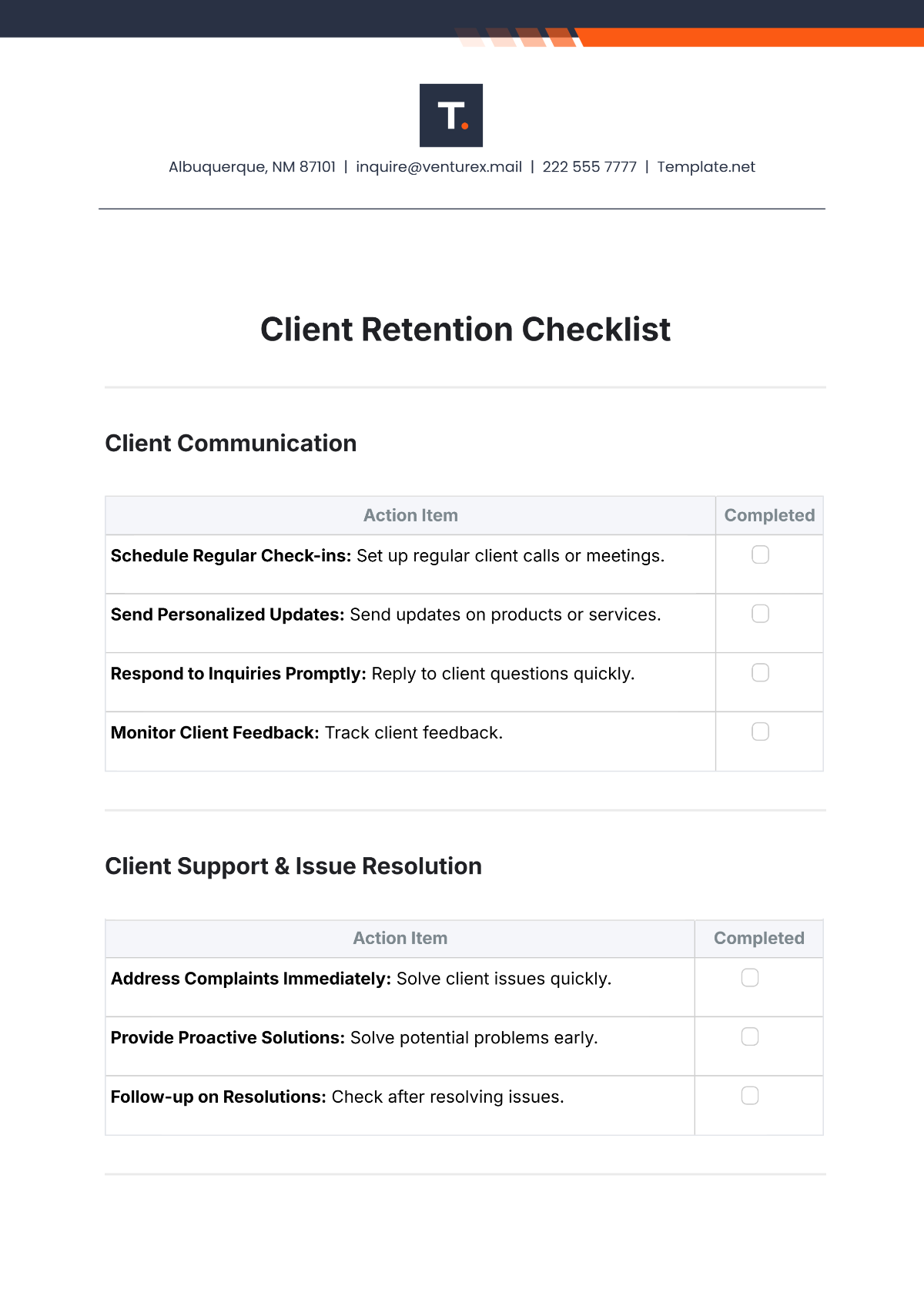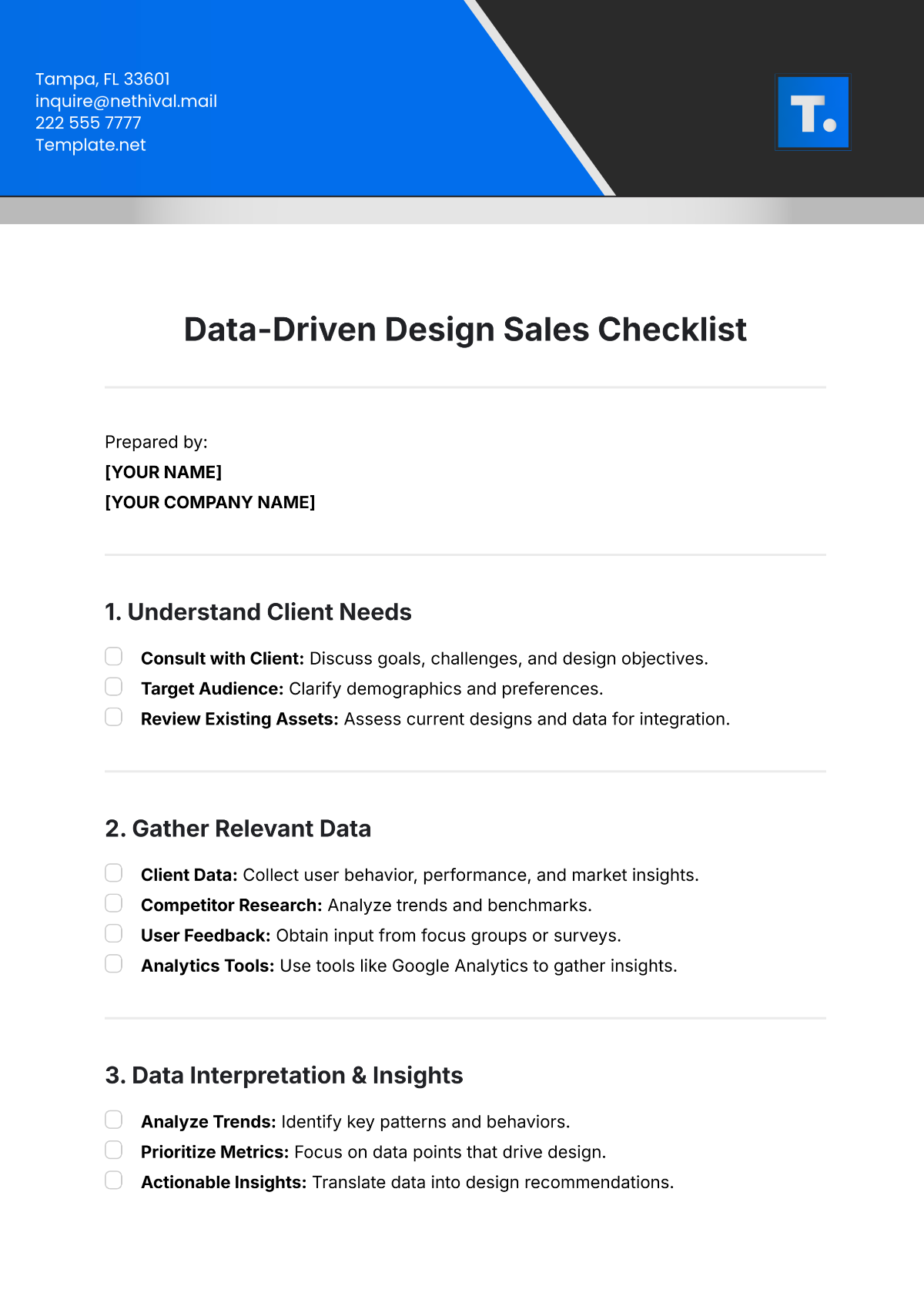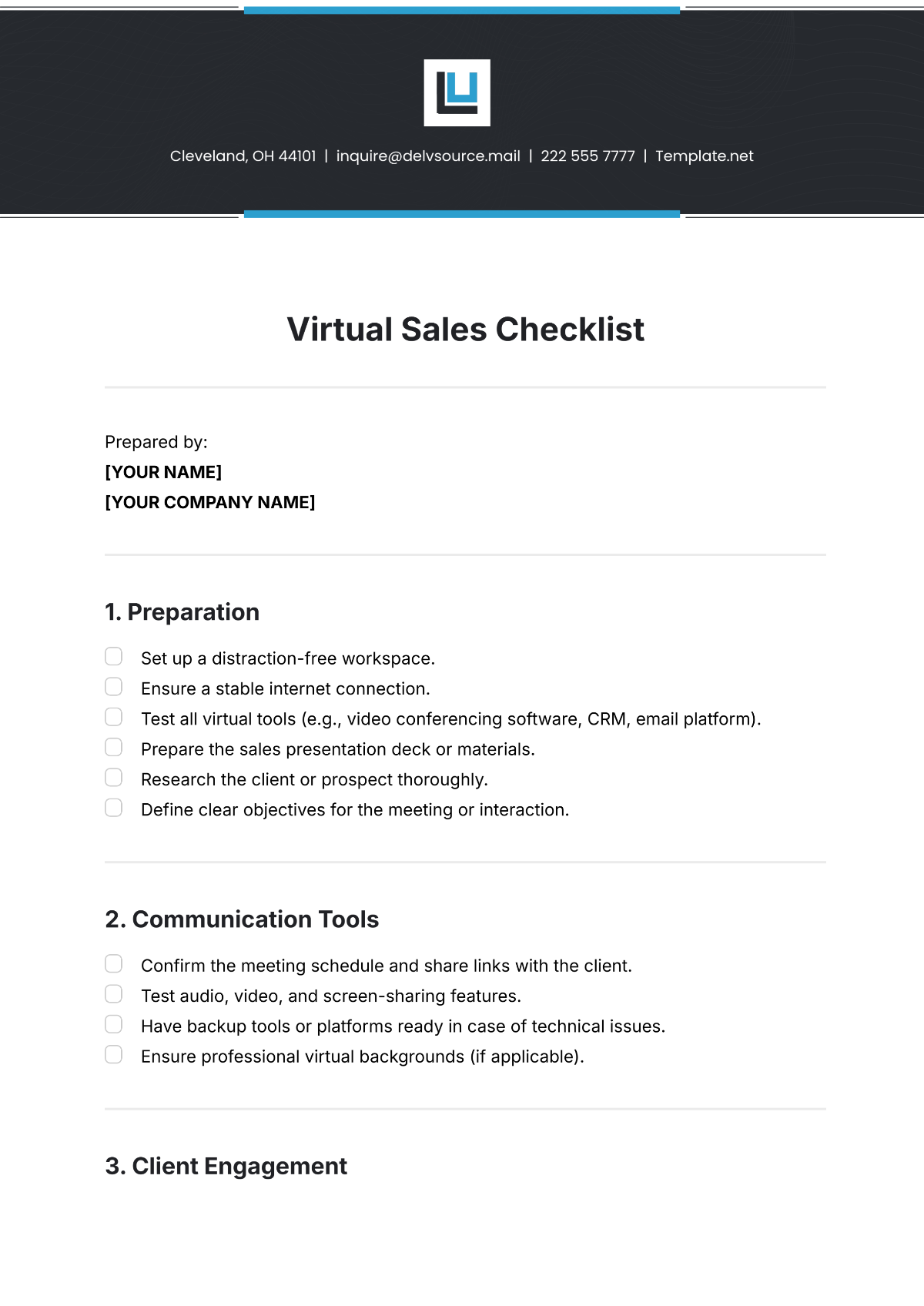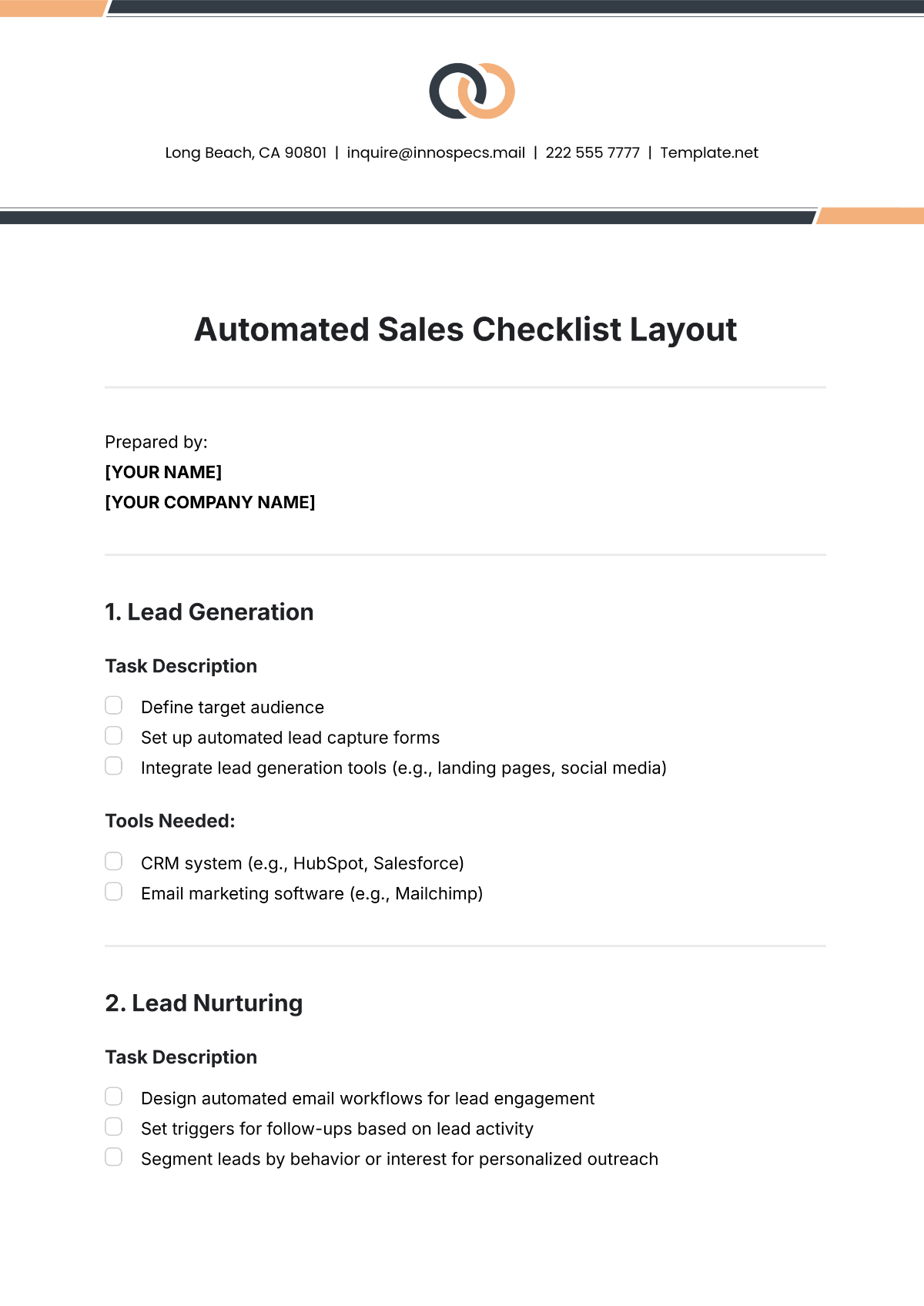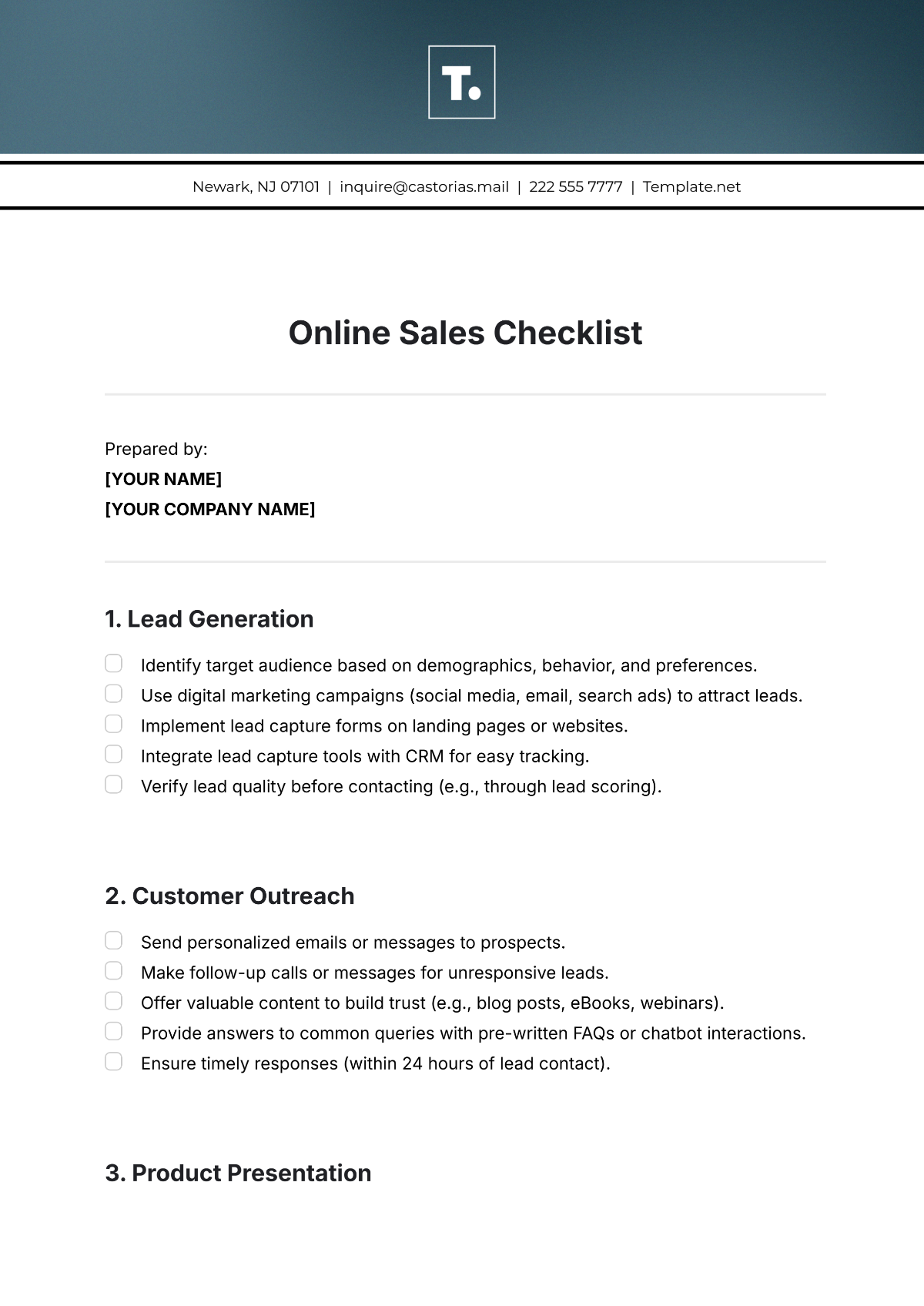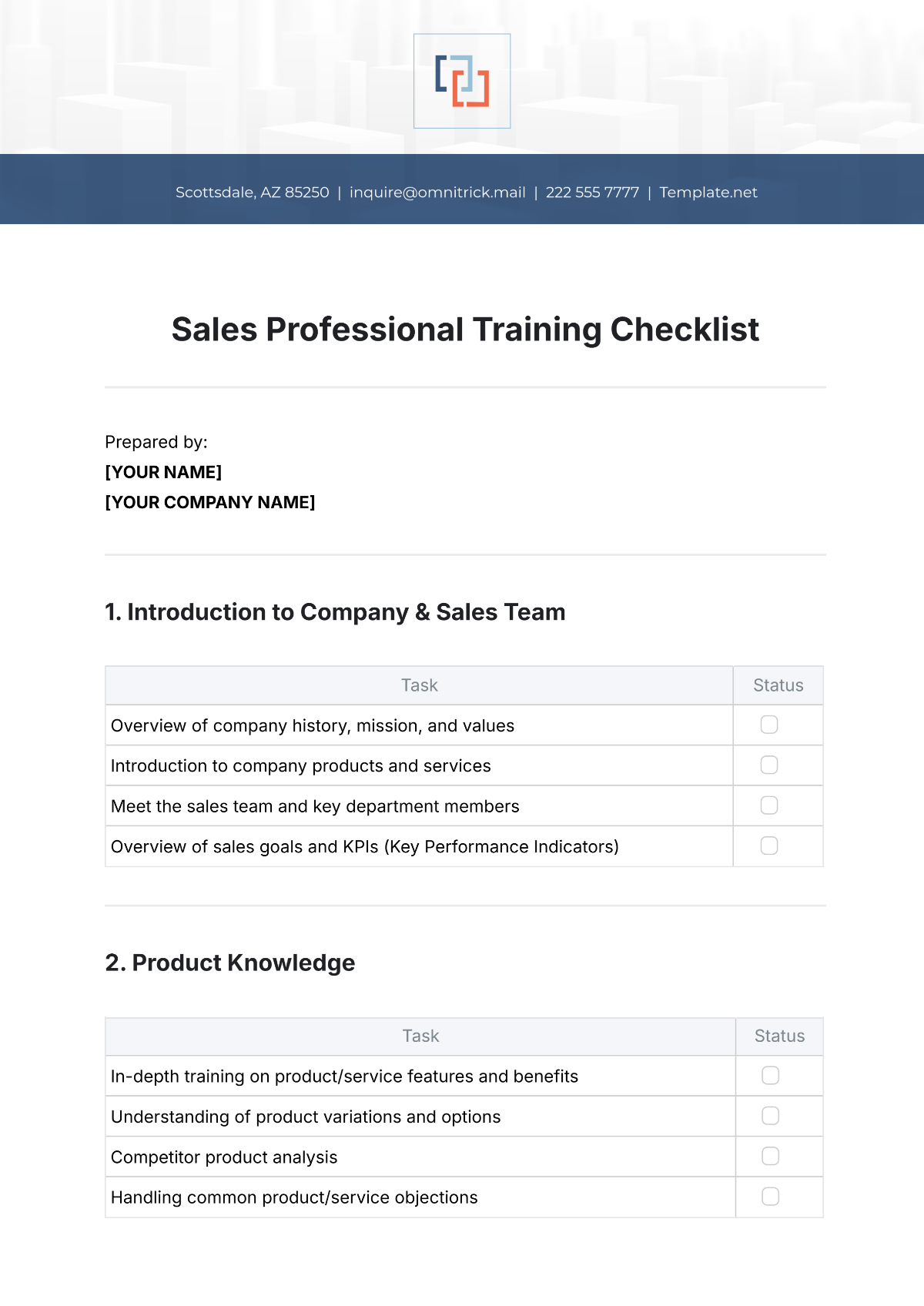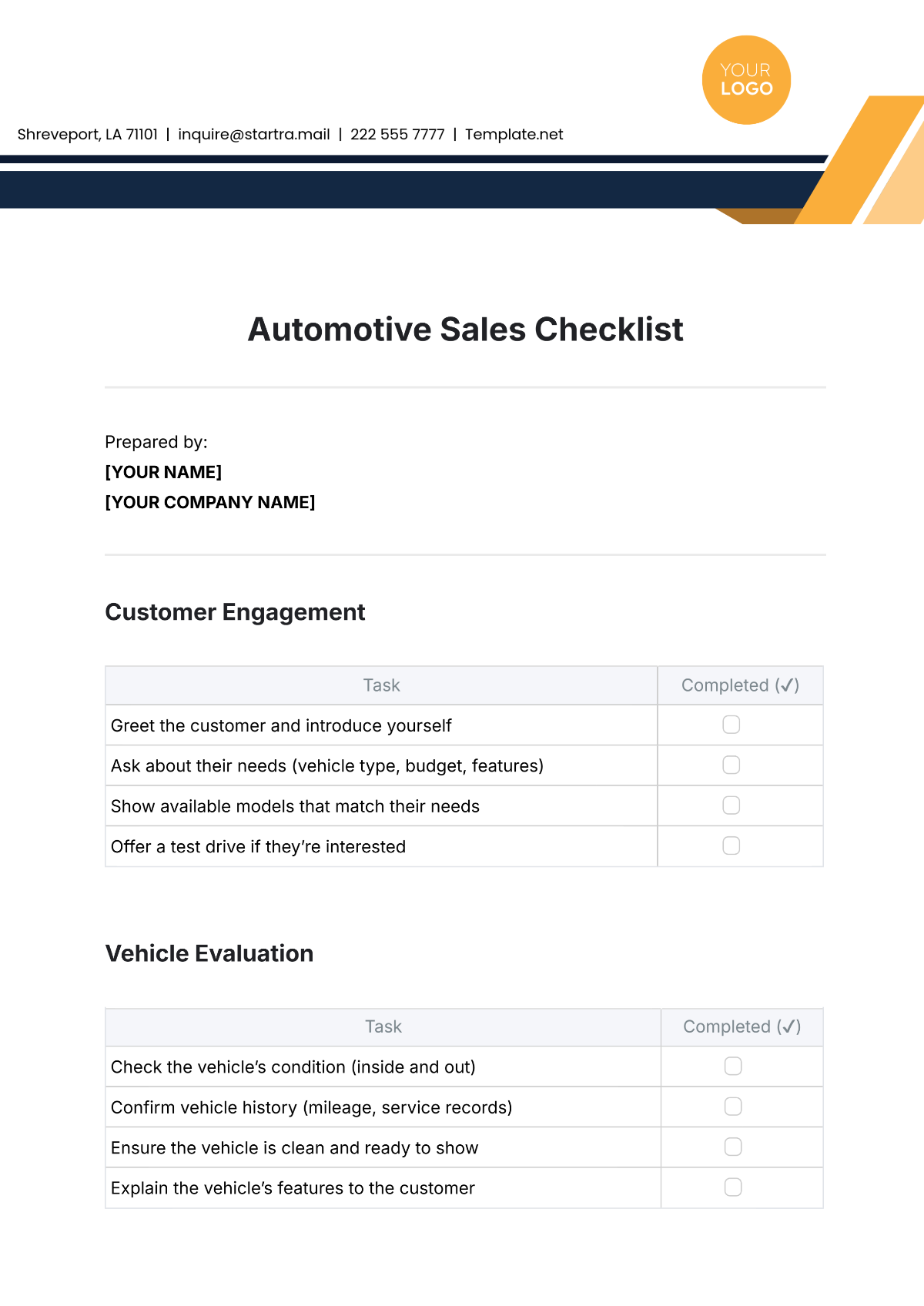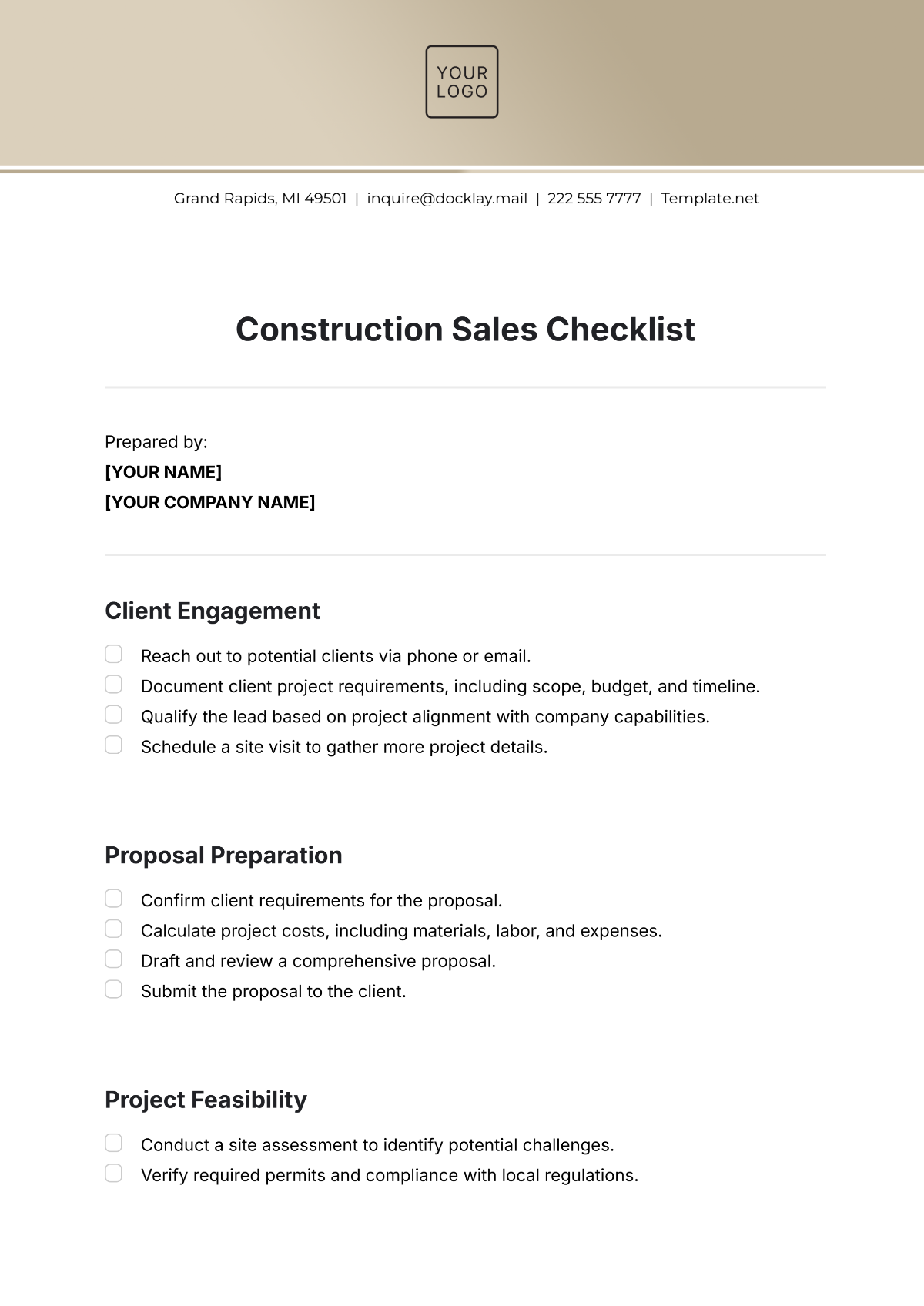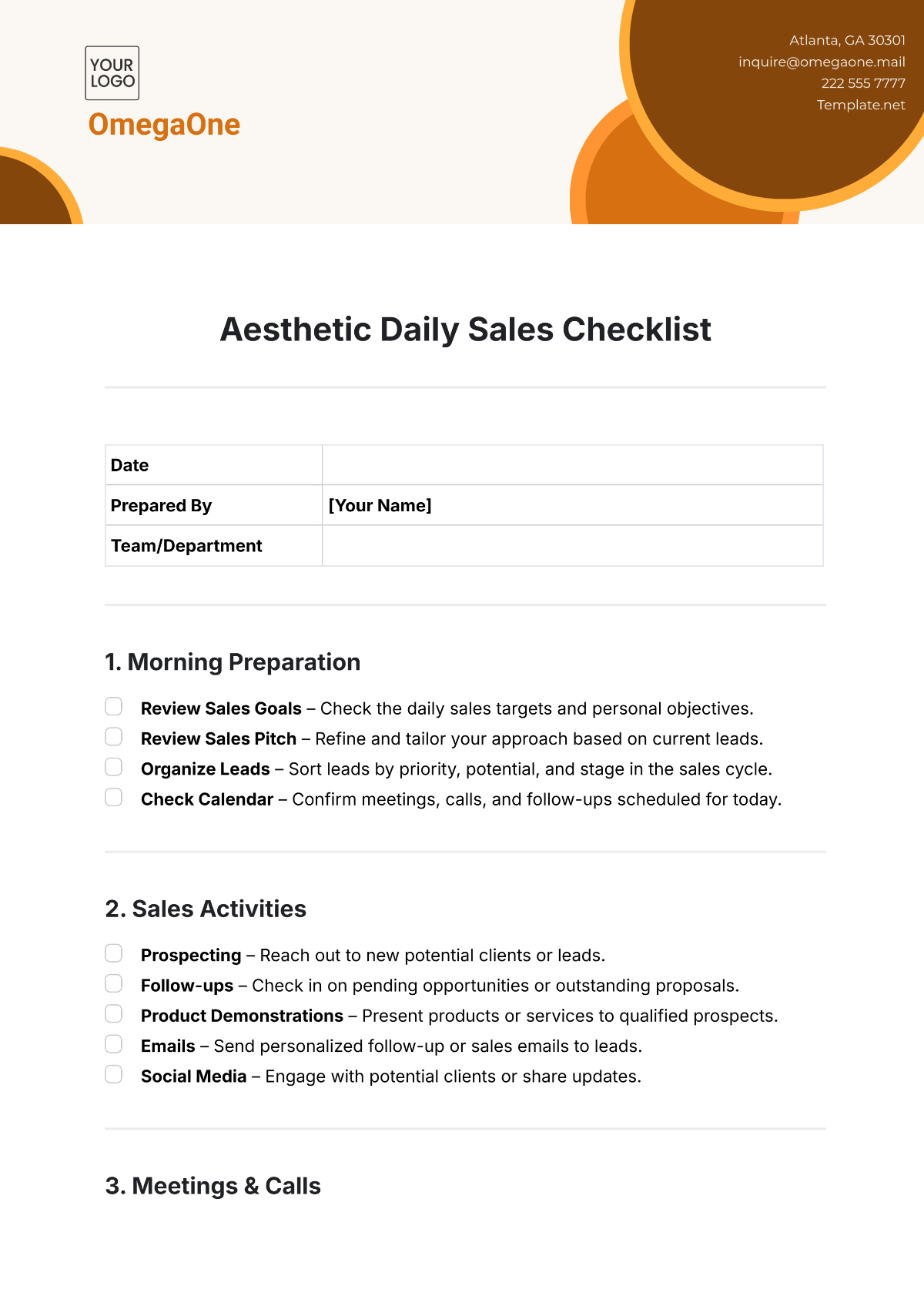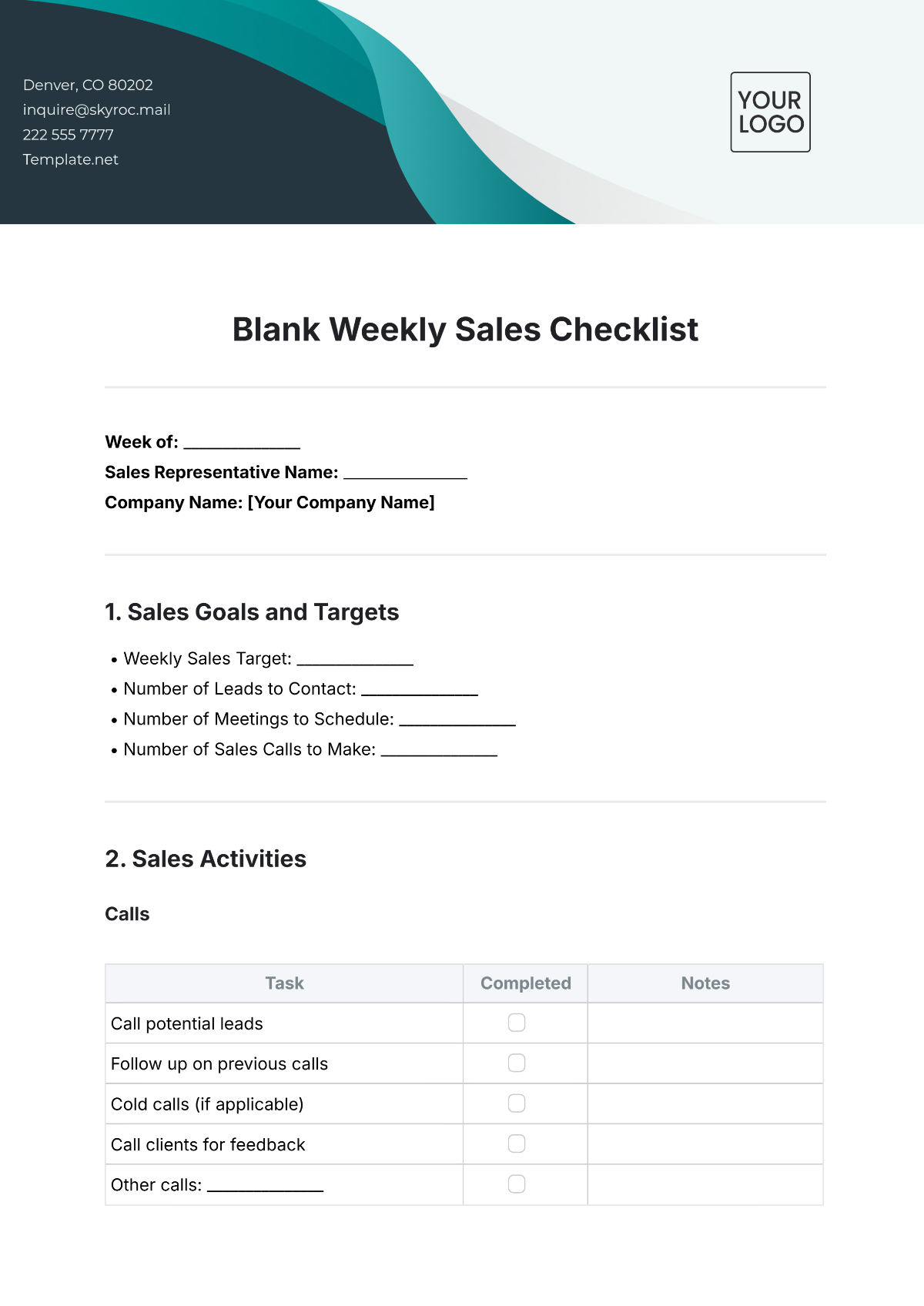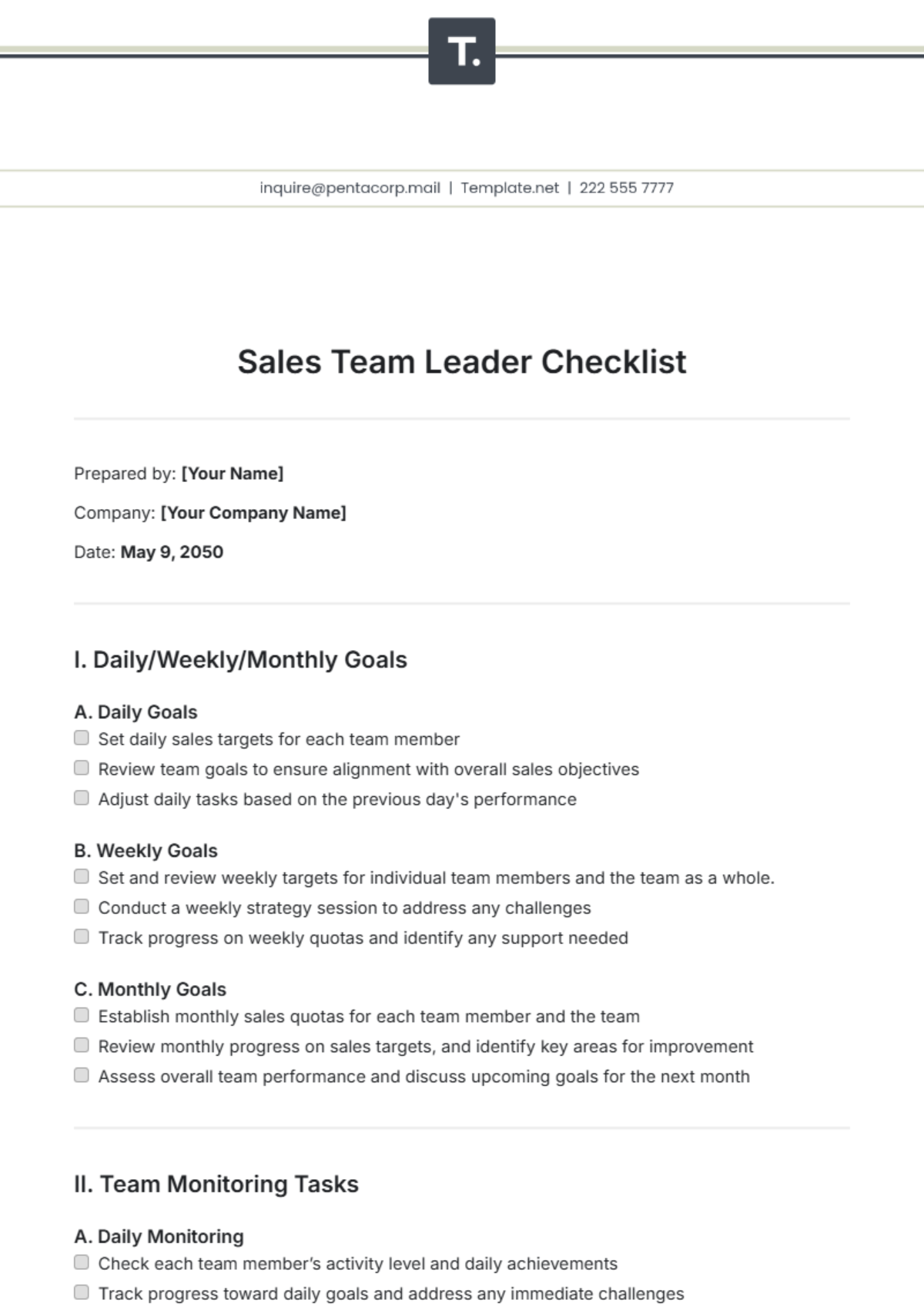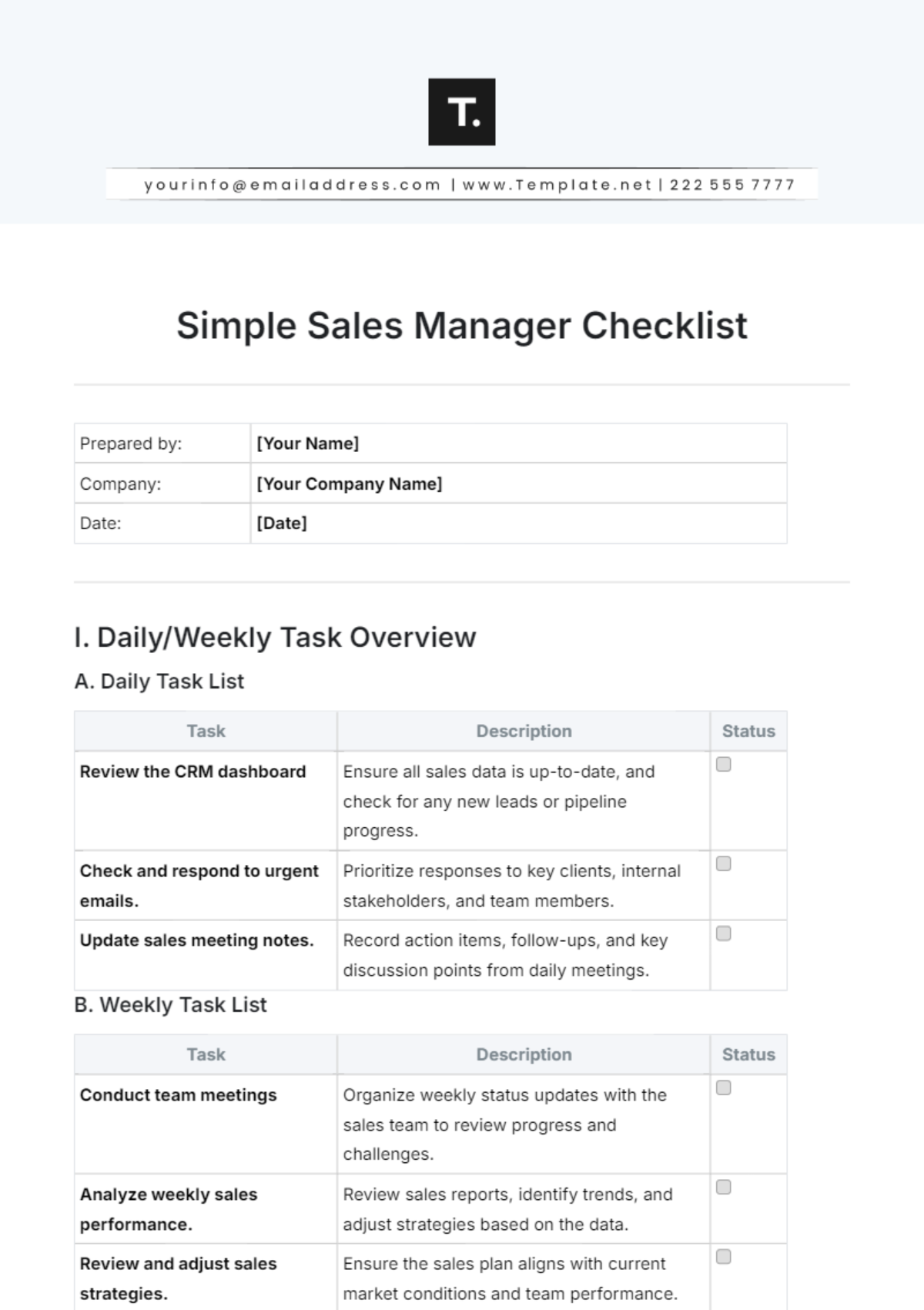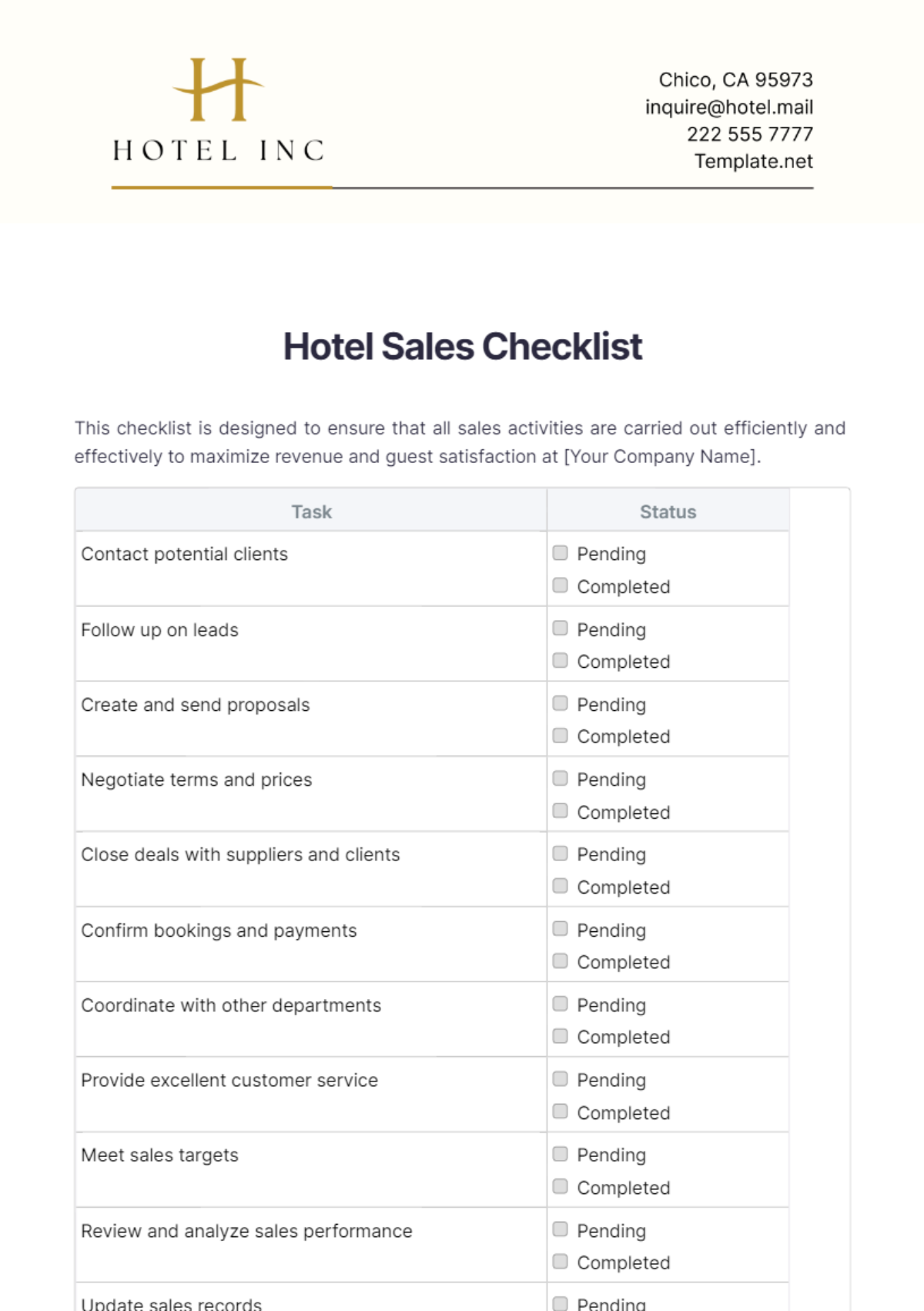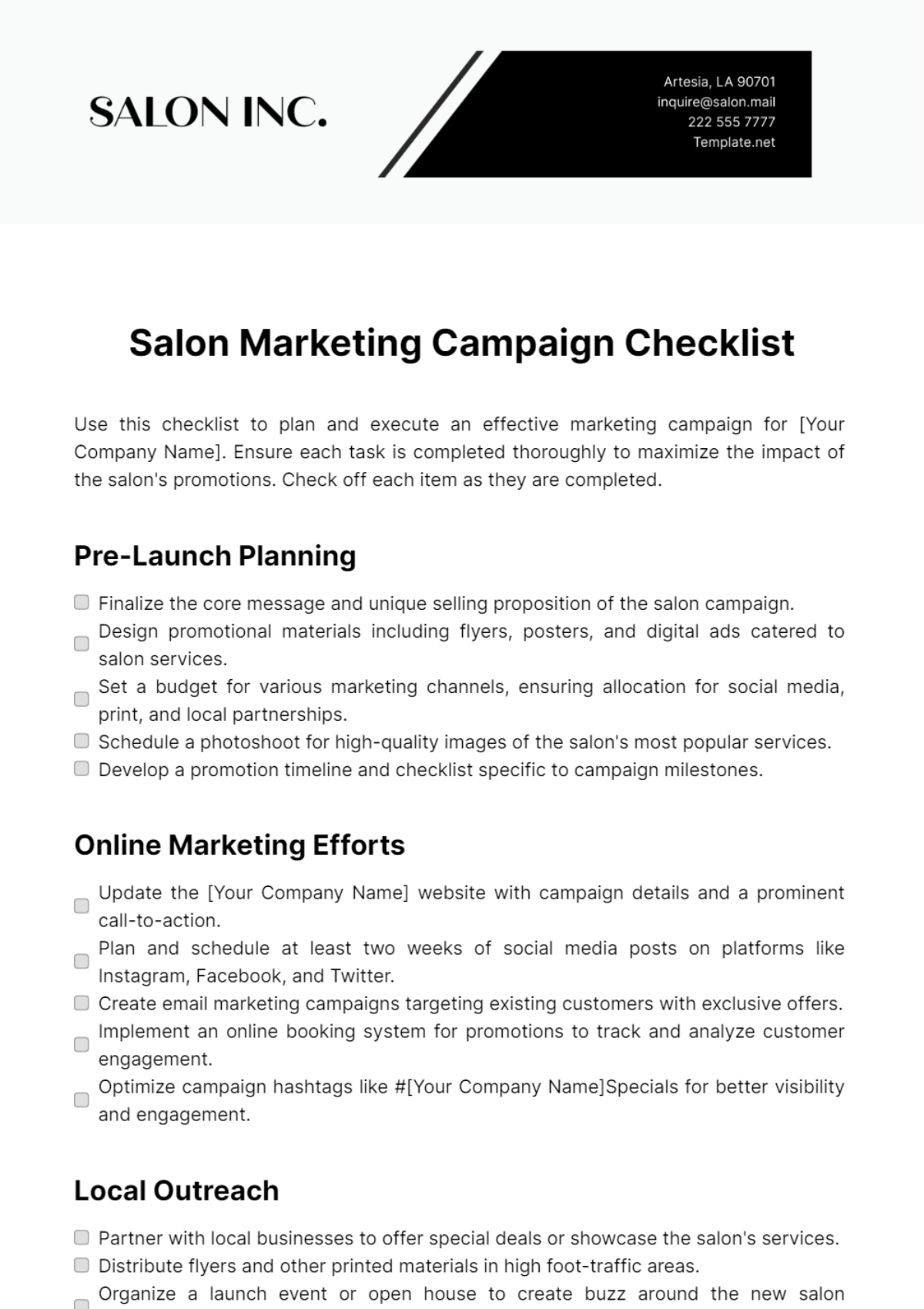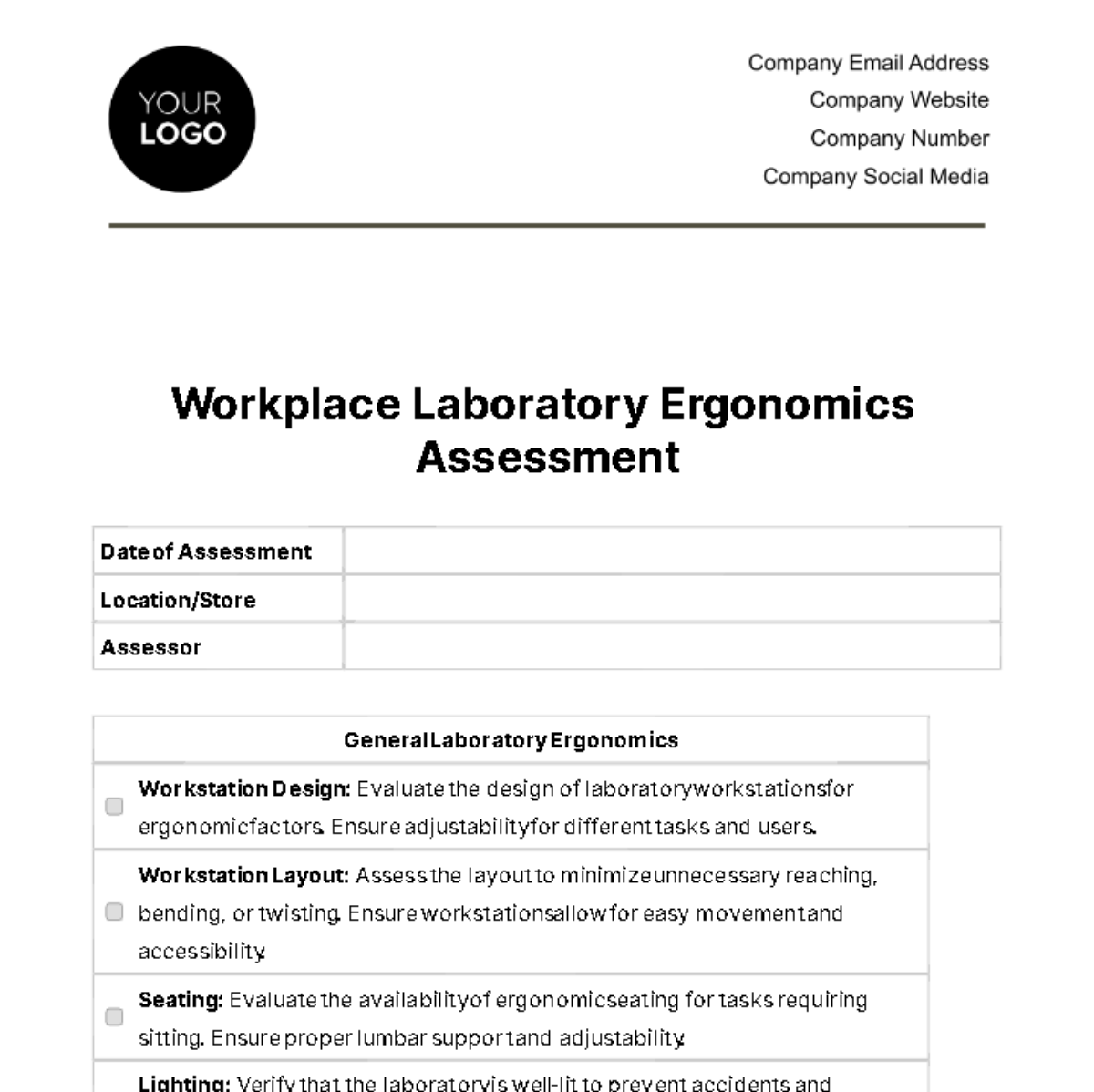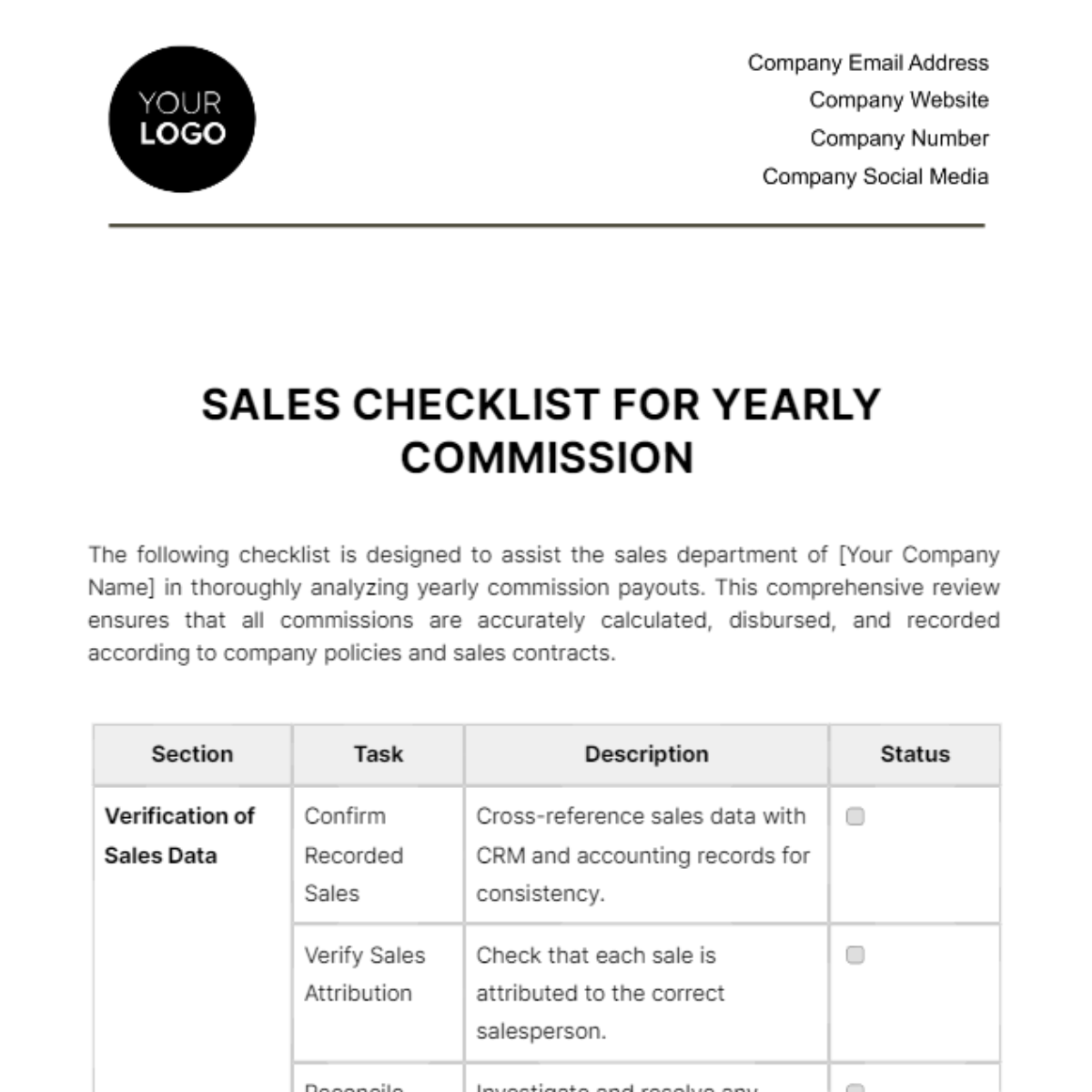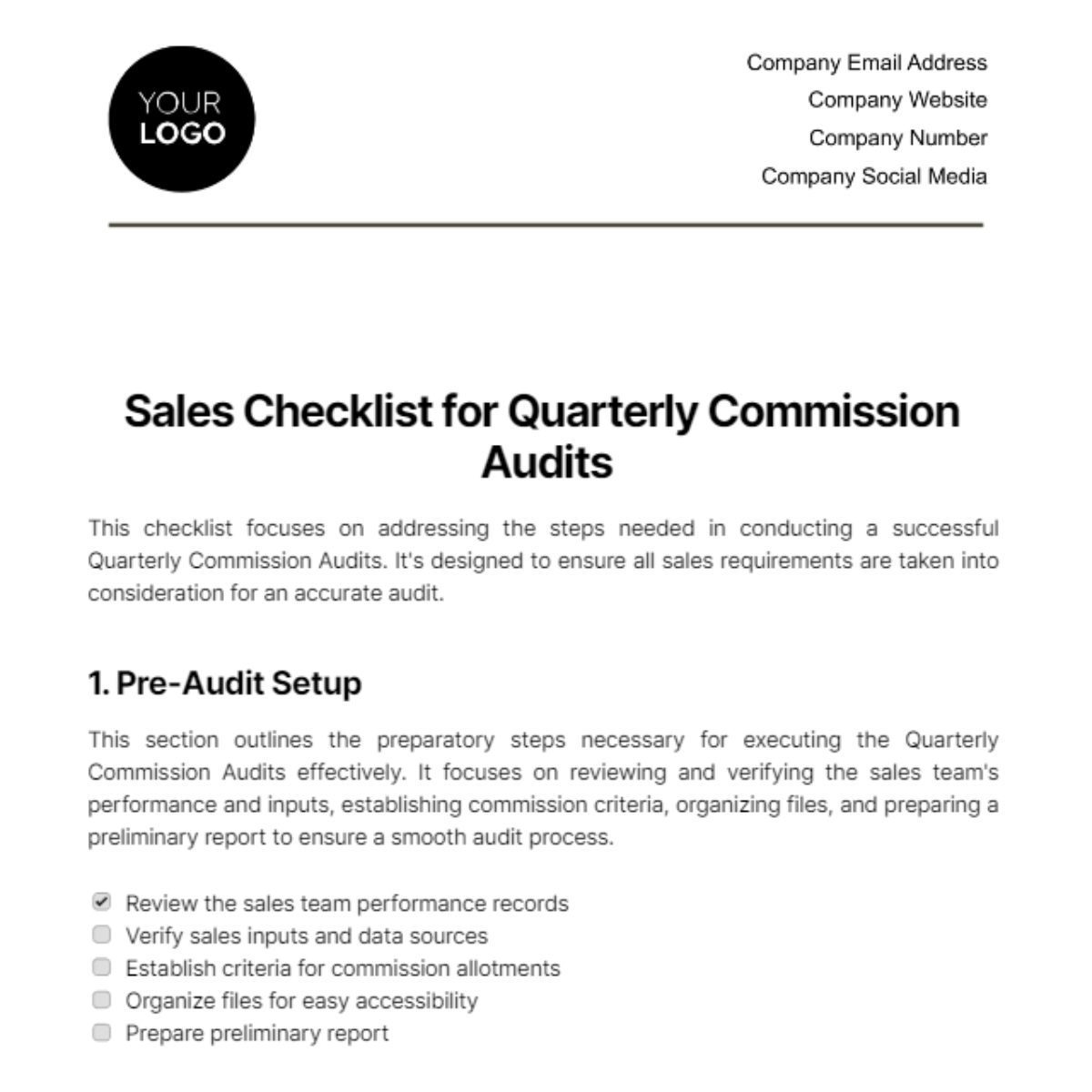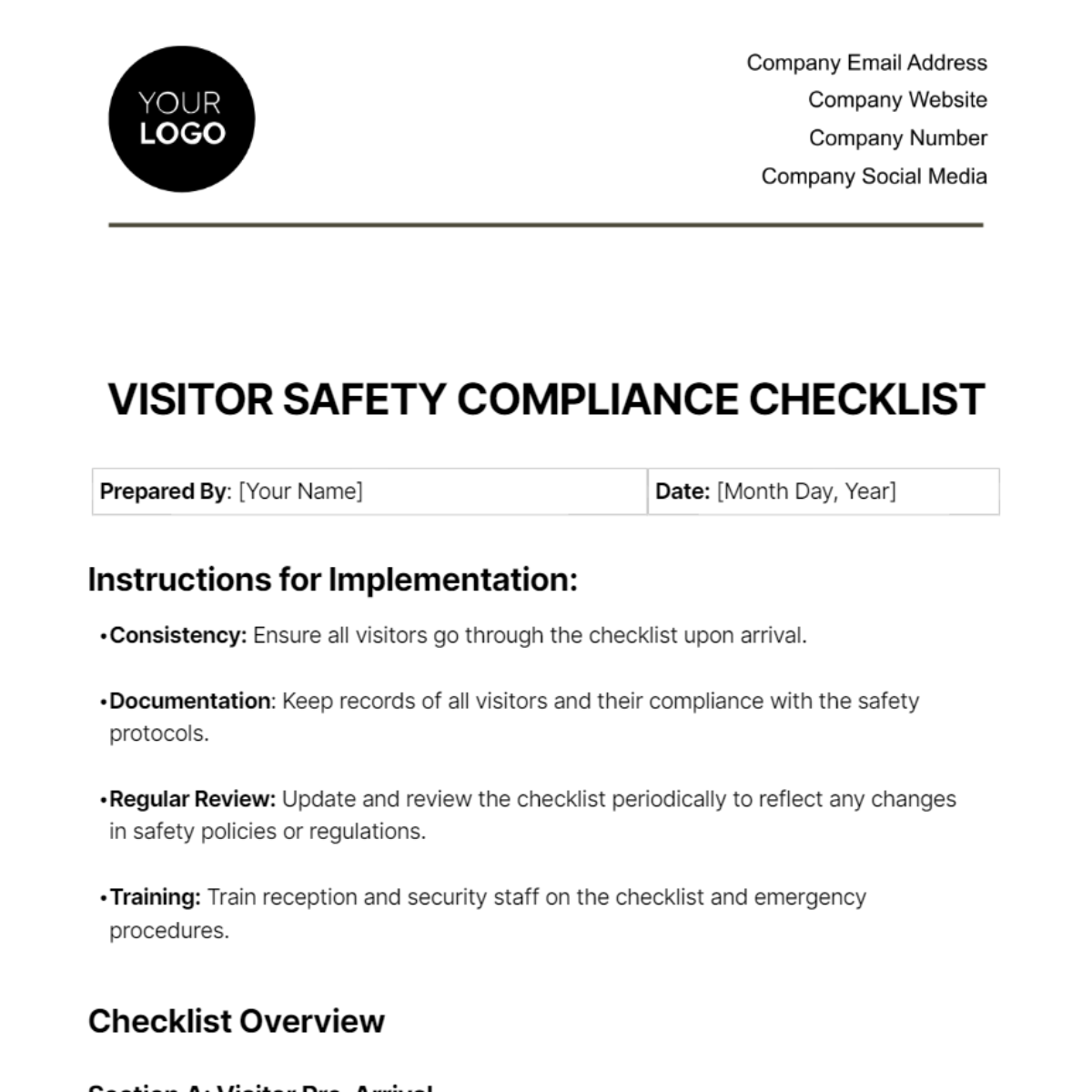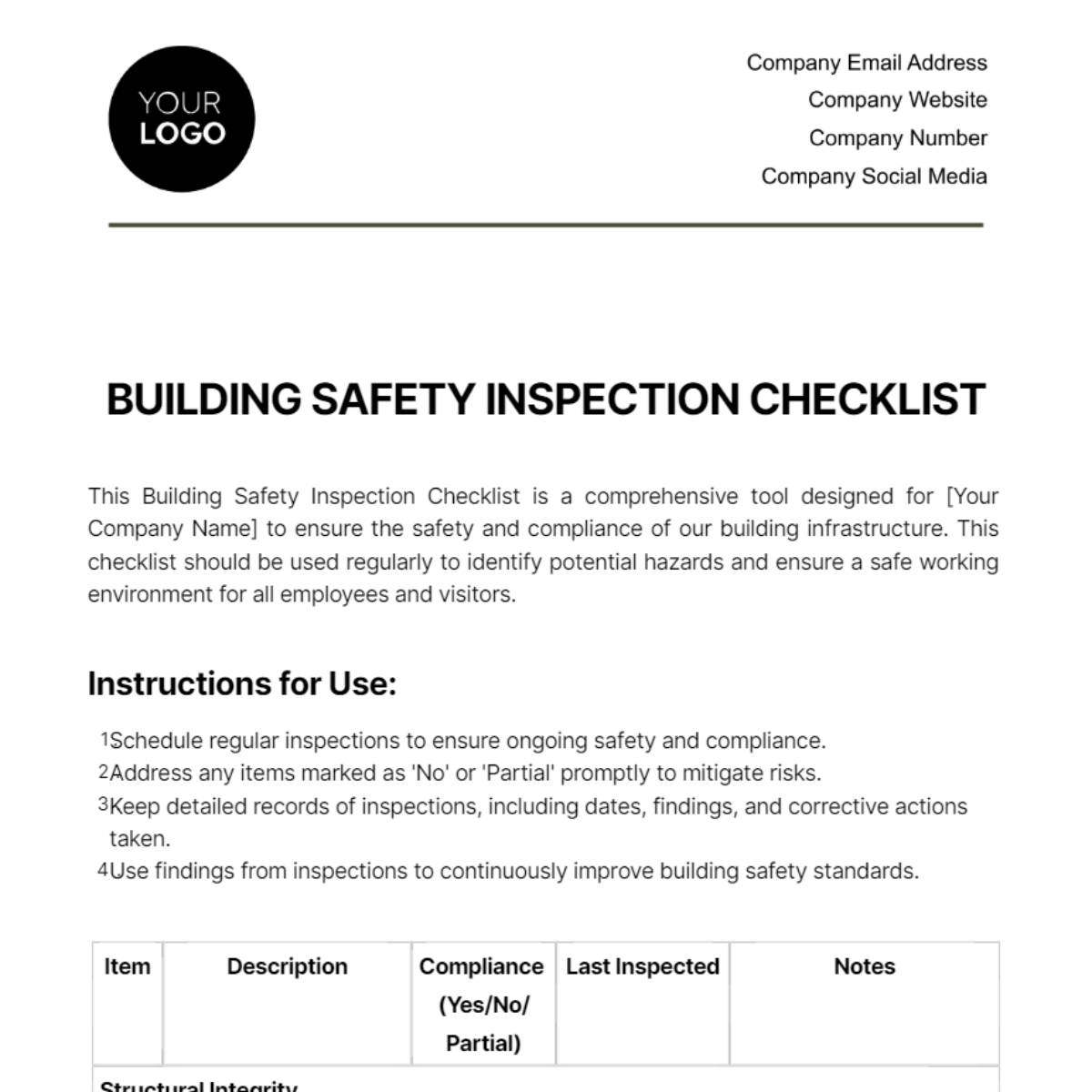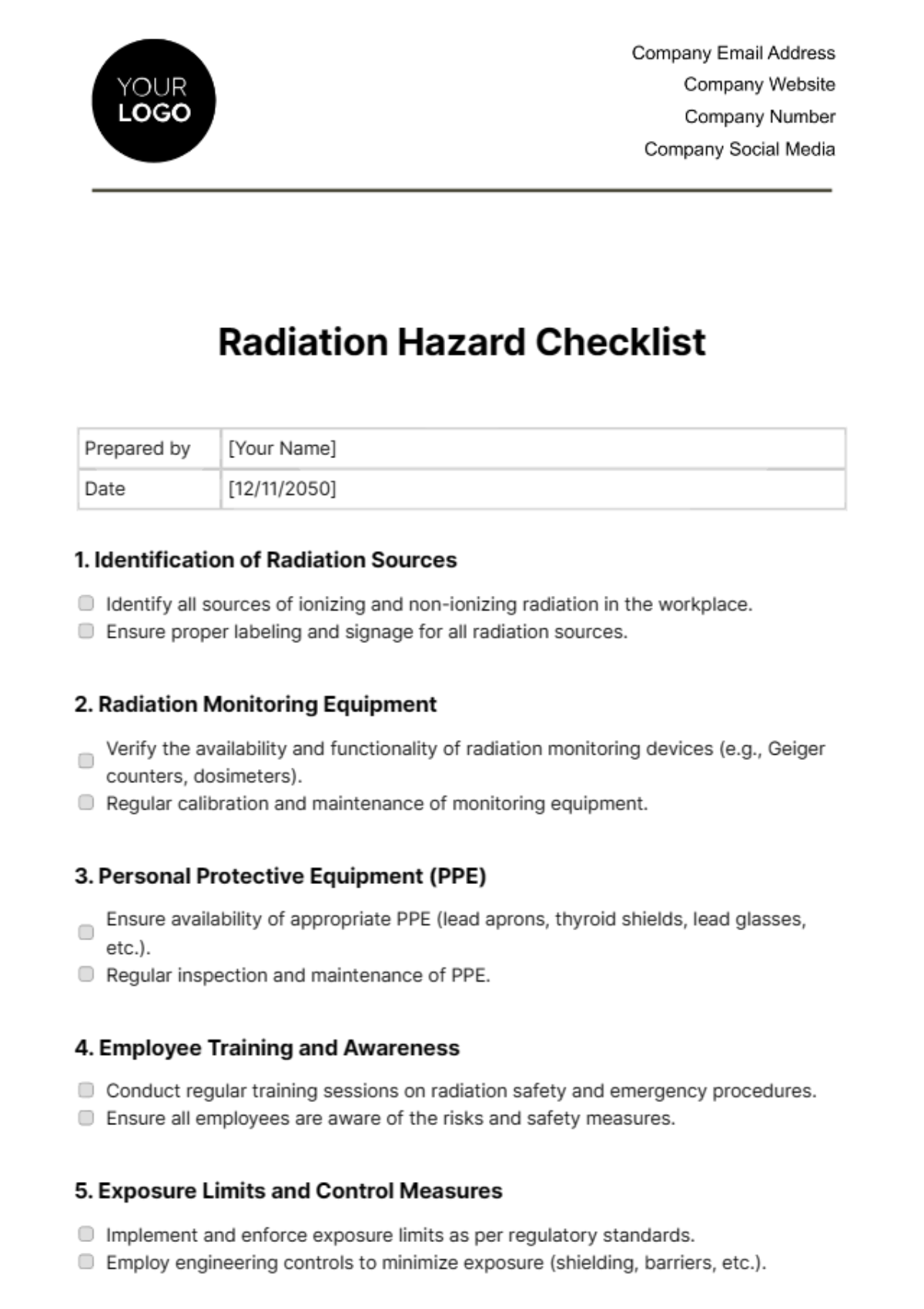Building Checklist
July 1, 2055
[Your Name]
[Your Company Name]
Purpose/Objective:
Conduct a thorough due diligence for potential building acquisition, ensuring informed decision-making.
Legal and Financial Documents:
Obtain and review property title, deeds, and zoning regulations.
Review existing leases, tenant agreements, and financial statements.
Assess property tax history and potential liens.
Physical Inspection:
Conduct a detailed inspection of building structure and systems.
Evaluate roofing, flooring, walls, HVAC, plumbing, and electrical systems.
Examine the state of elevators, escalators, and fire safety systems.
Environmental Considerations:
Perform an environmental site assessment.
Identify potential hazards or contamination.
Review compliance with environmental regulations.
Occupancy and Lease Analysis:
Examine tenant occupancy, lease terms, and creditworthiness.
Assess lease expiration dates, options, and outstanding issues.
Market Analysis:
Analyze local real estate market trends and property values.
Review potential future developments.
Consider building's market positioning and demand.
Regulatory Compliance:
Verify compliance with local building codes, ADA, and safety regulations.
Review potential legal issues.
Insurance Review:
Review existing insurance coverage.
Assess property and liability coverage.
Due Diligence Report:
Compile findings into a comprehensive report.
Summarize key risks, opportunities, and recommendations.
Provide a financial analysis of the investment.
Legal Consultation:
Seek legal counsel for document review and zoning matters.
Address legal concerns or potential liabilities.
Financial Projections:
Develop financial projections based on findings.
Assess return on investment and cash flow projections.
Decision and Negotiation:
Make an informed decision.
Initiate negotiations based on opportunities and risks.
Secure approvals and finalize the acquisition.
Customize this checklist based on specific property characteristics and regulatory requirements.
